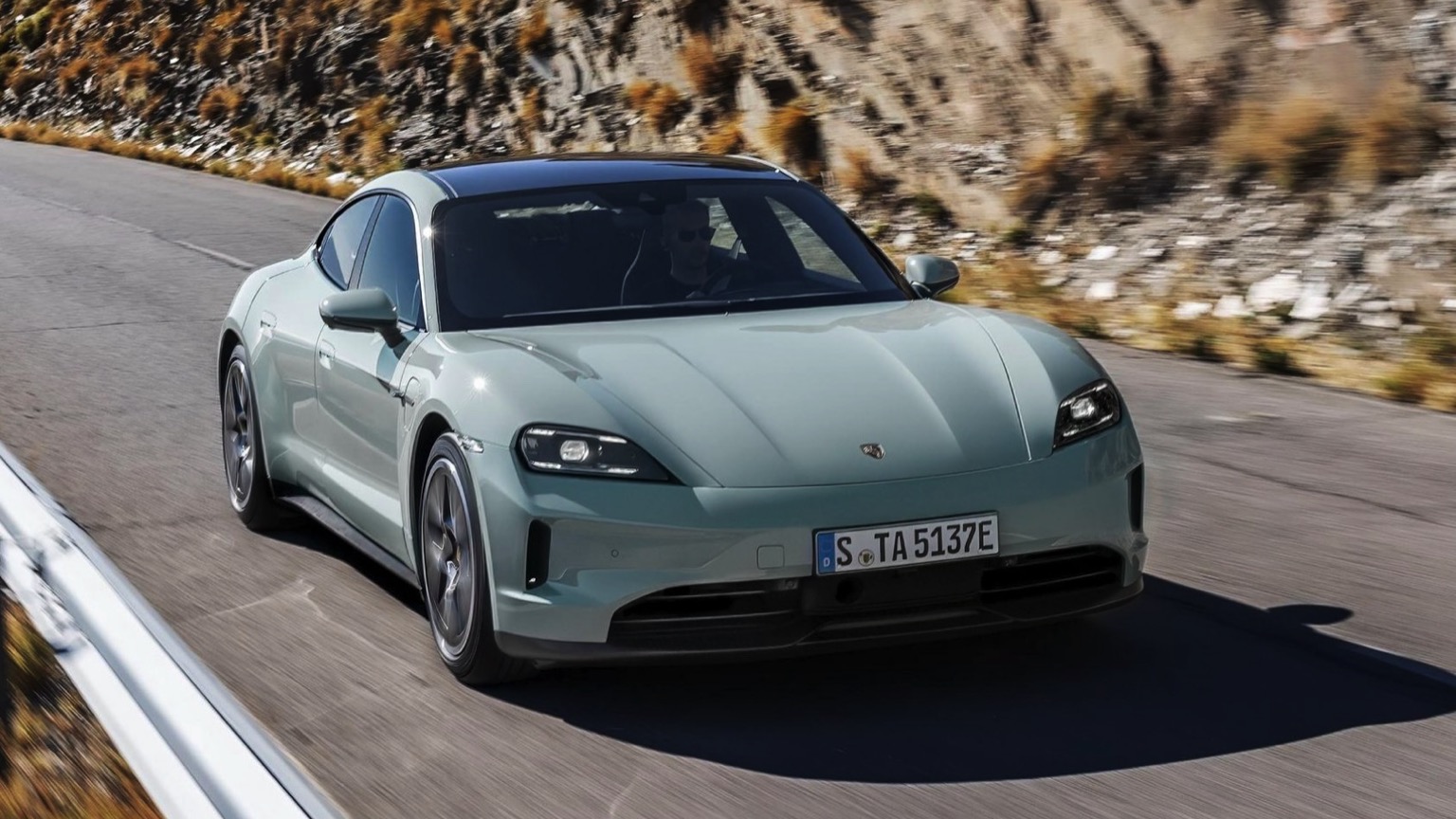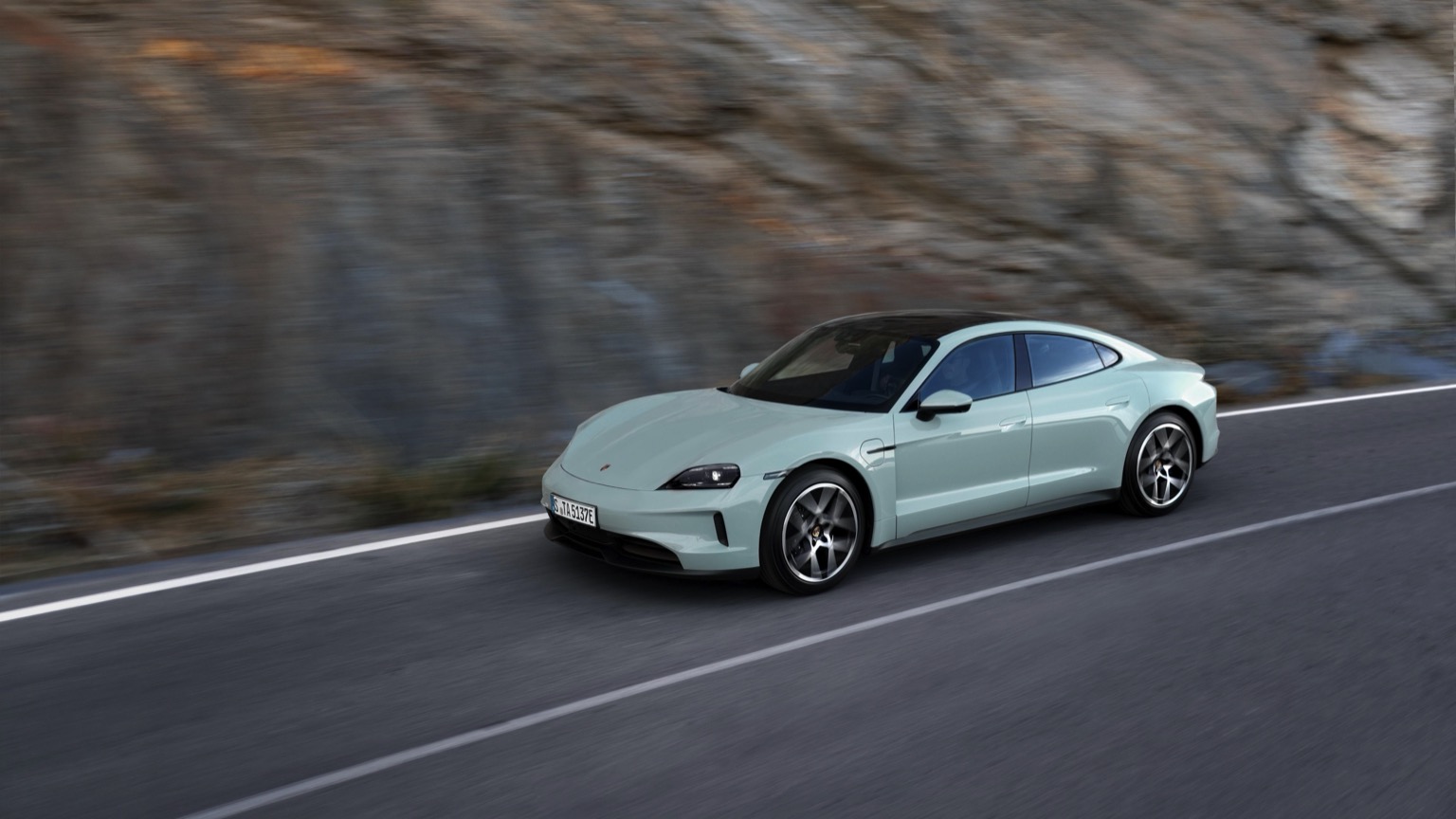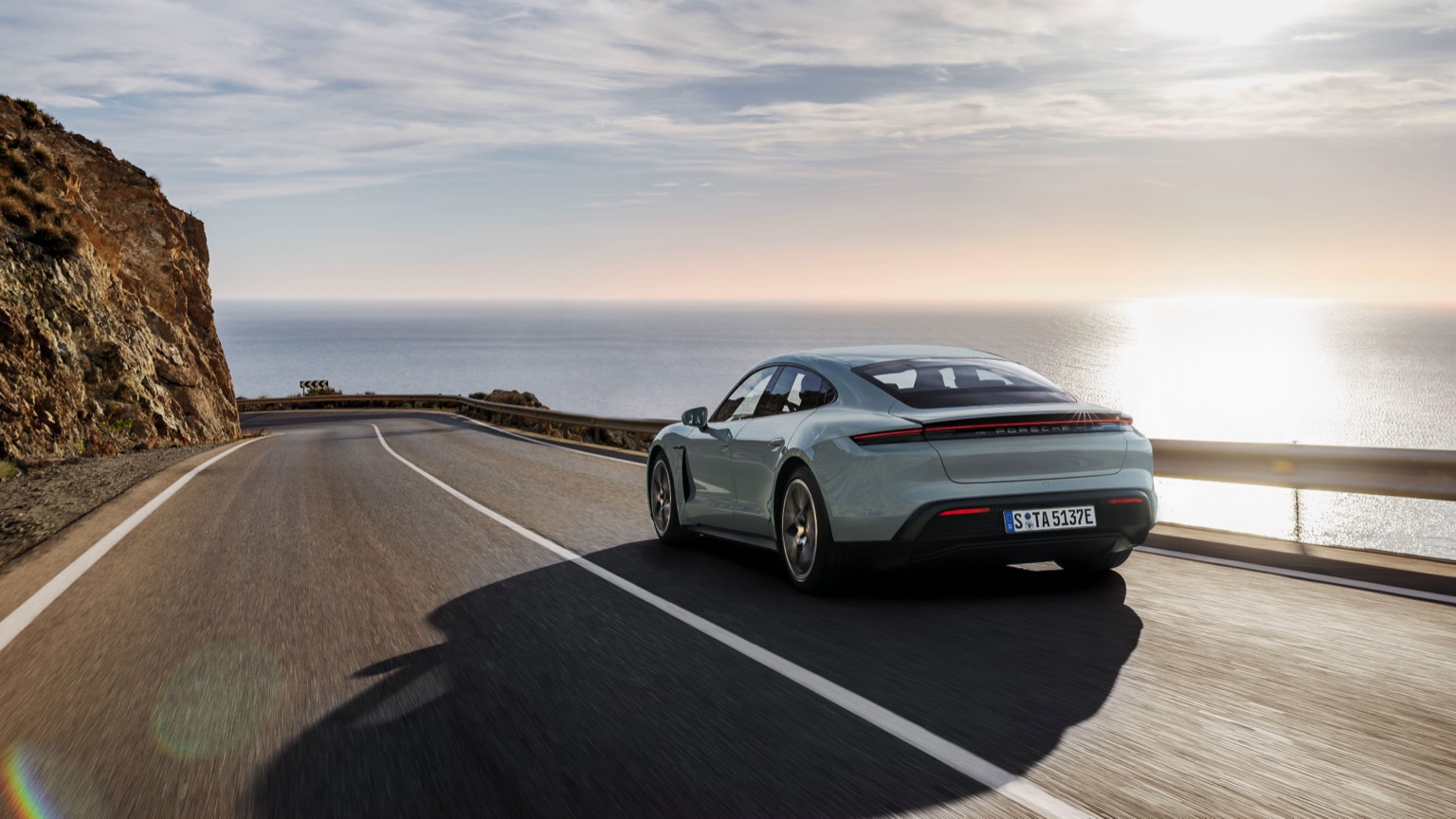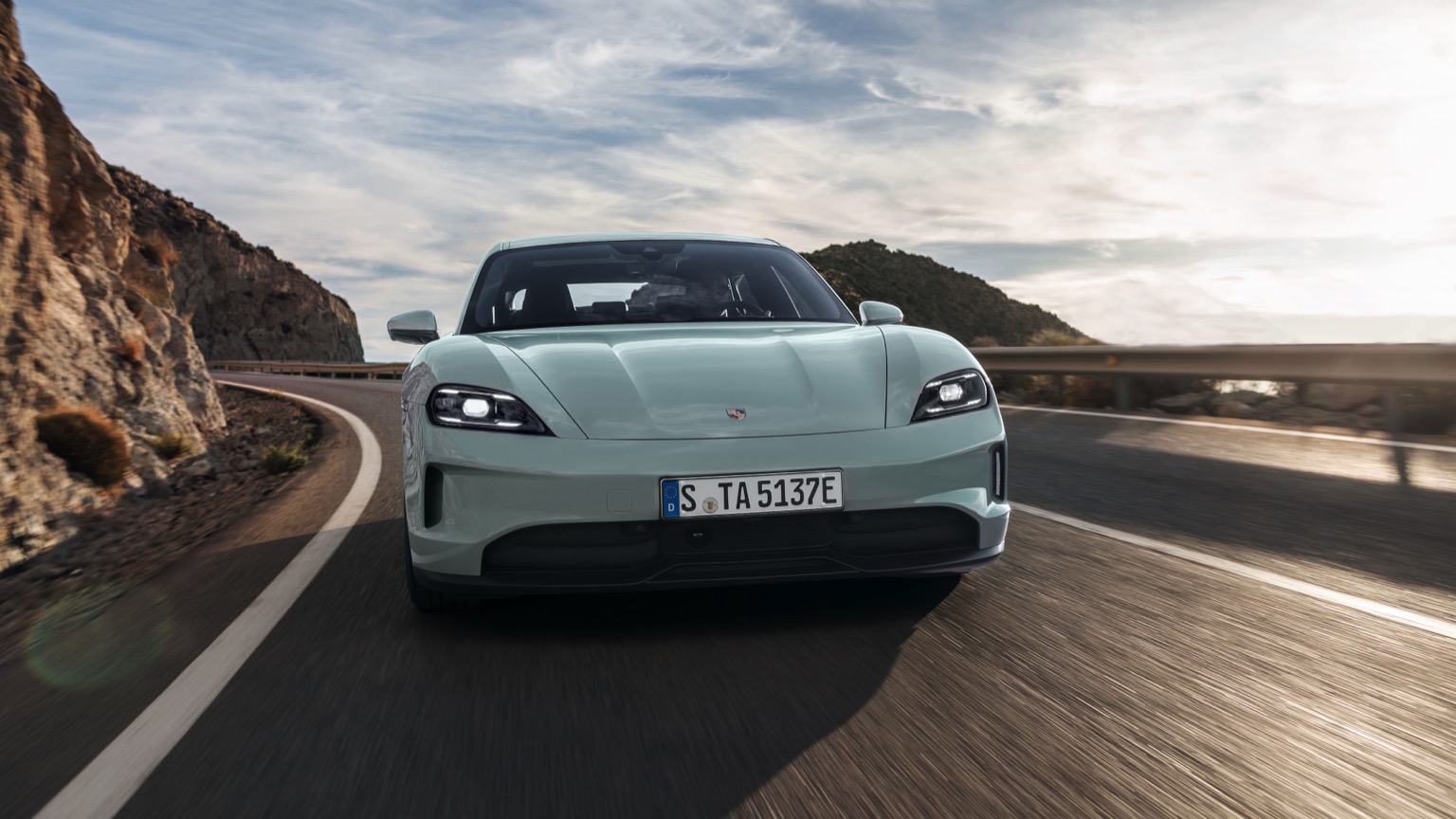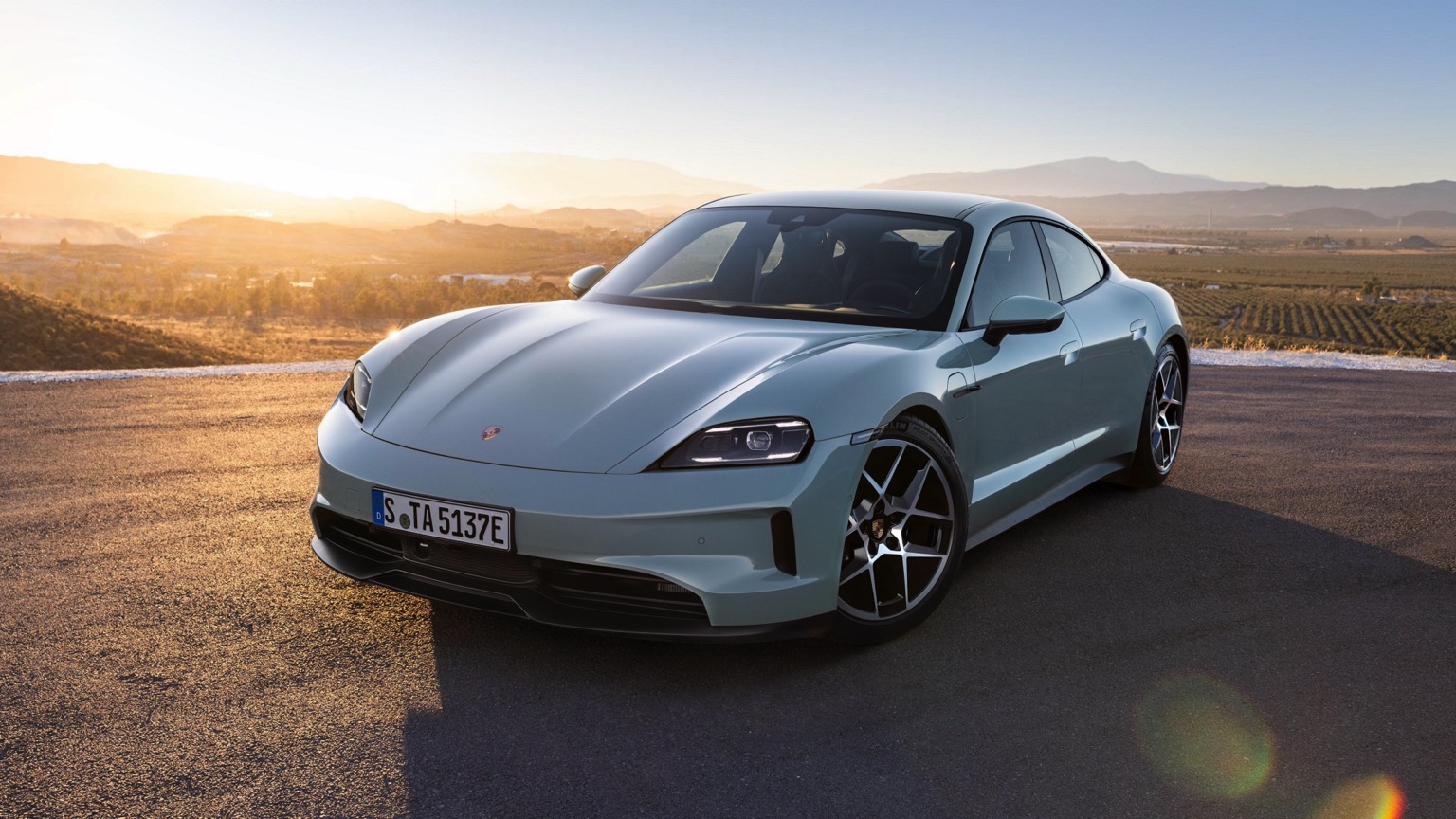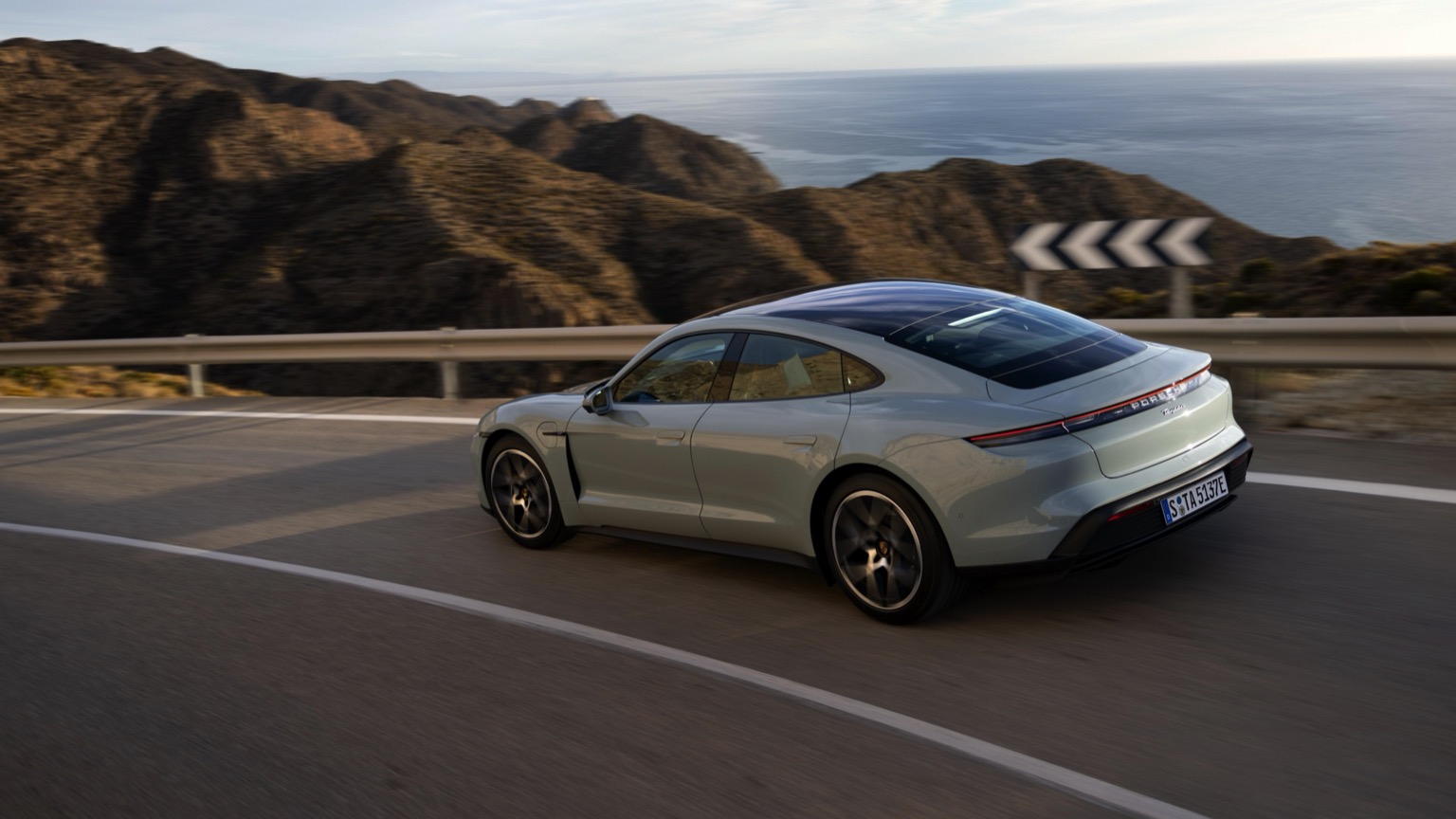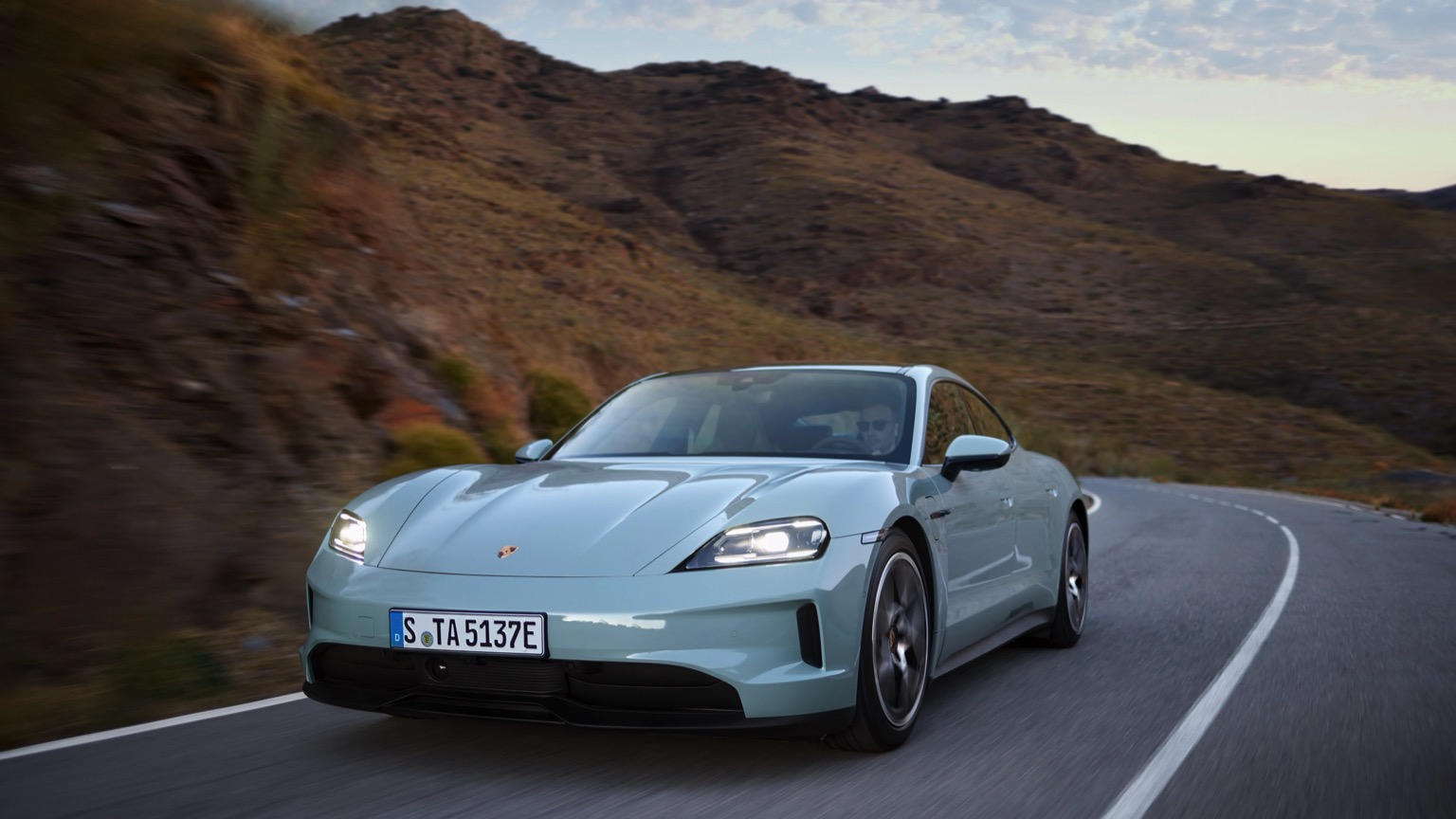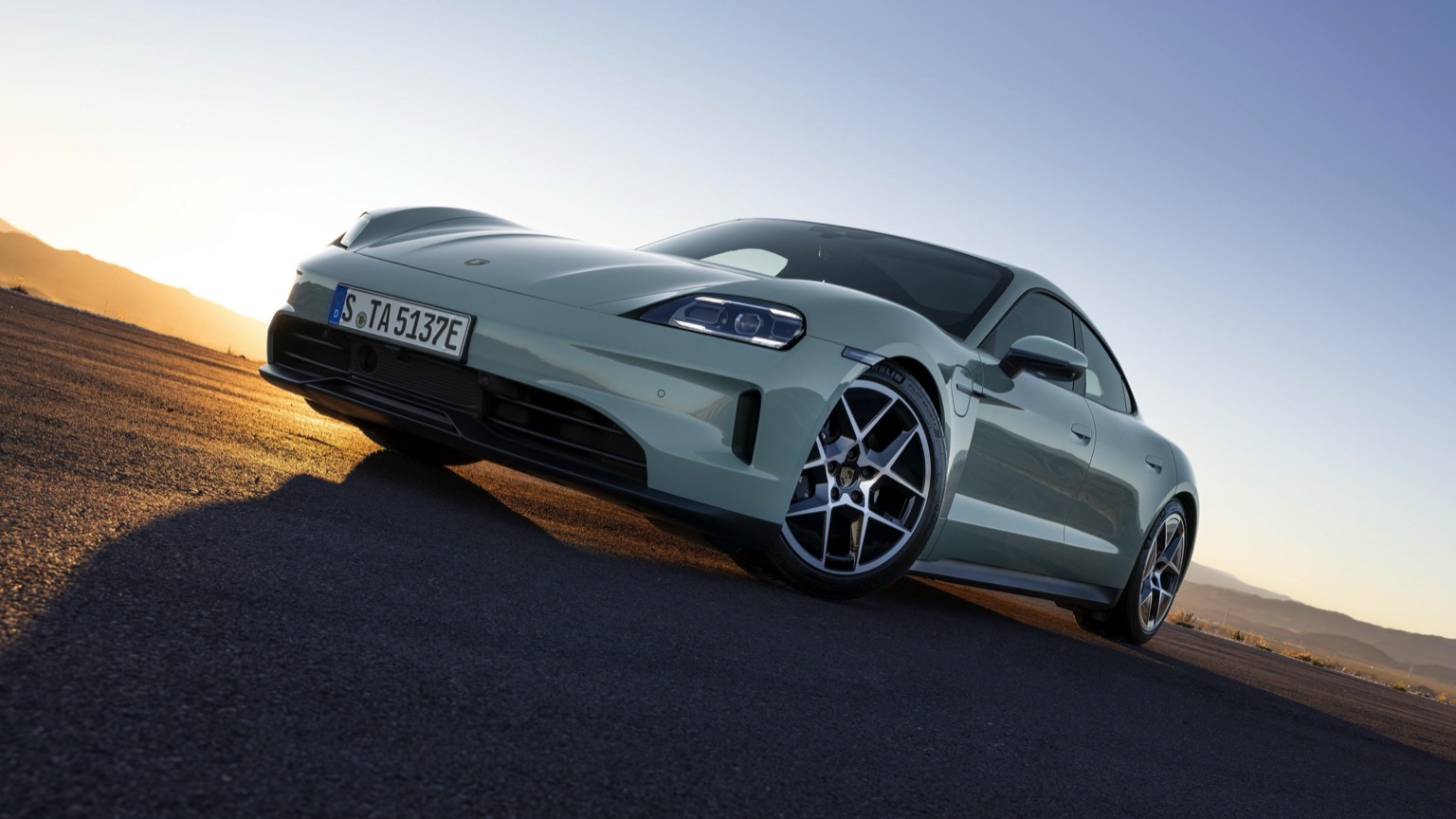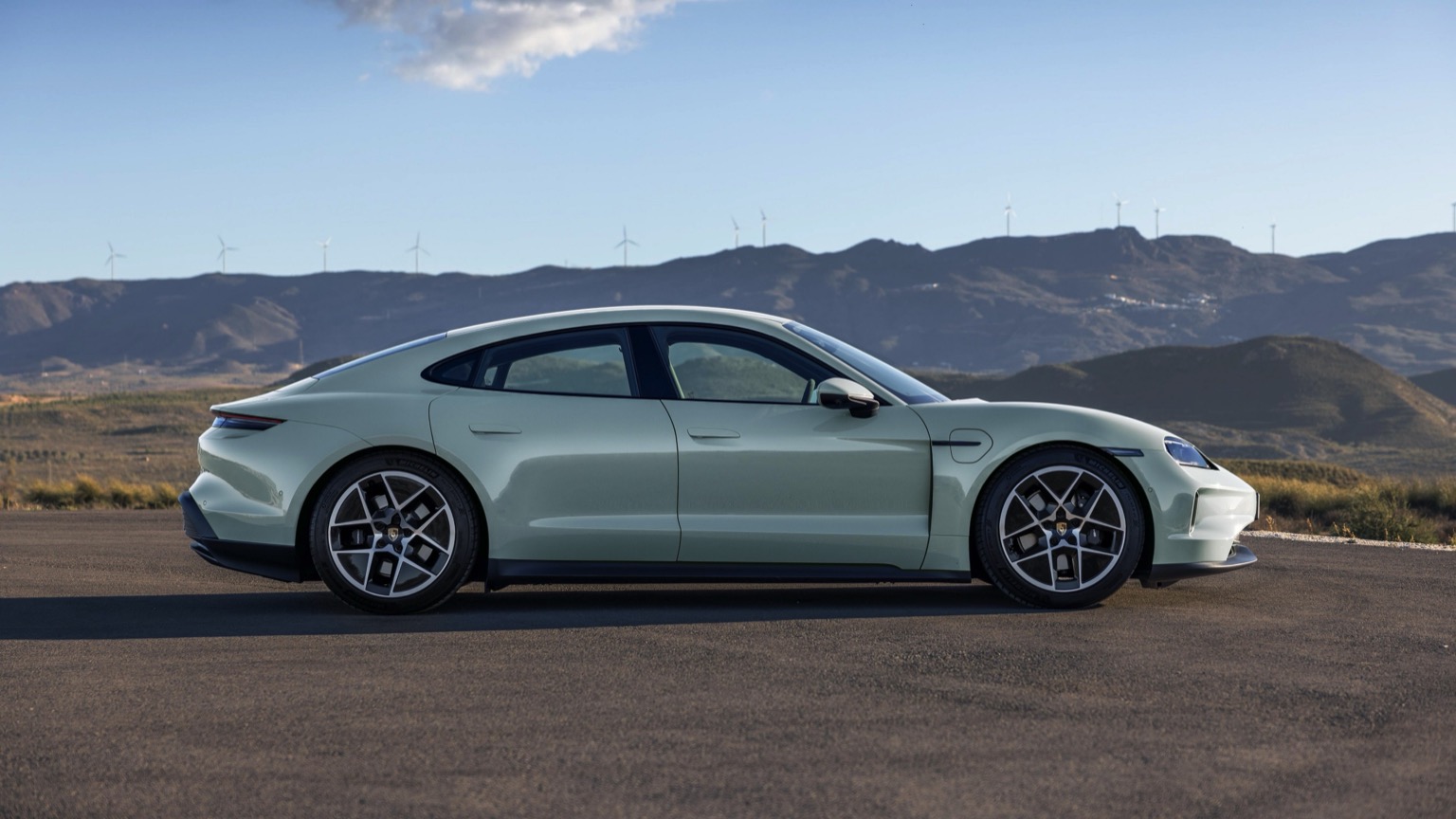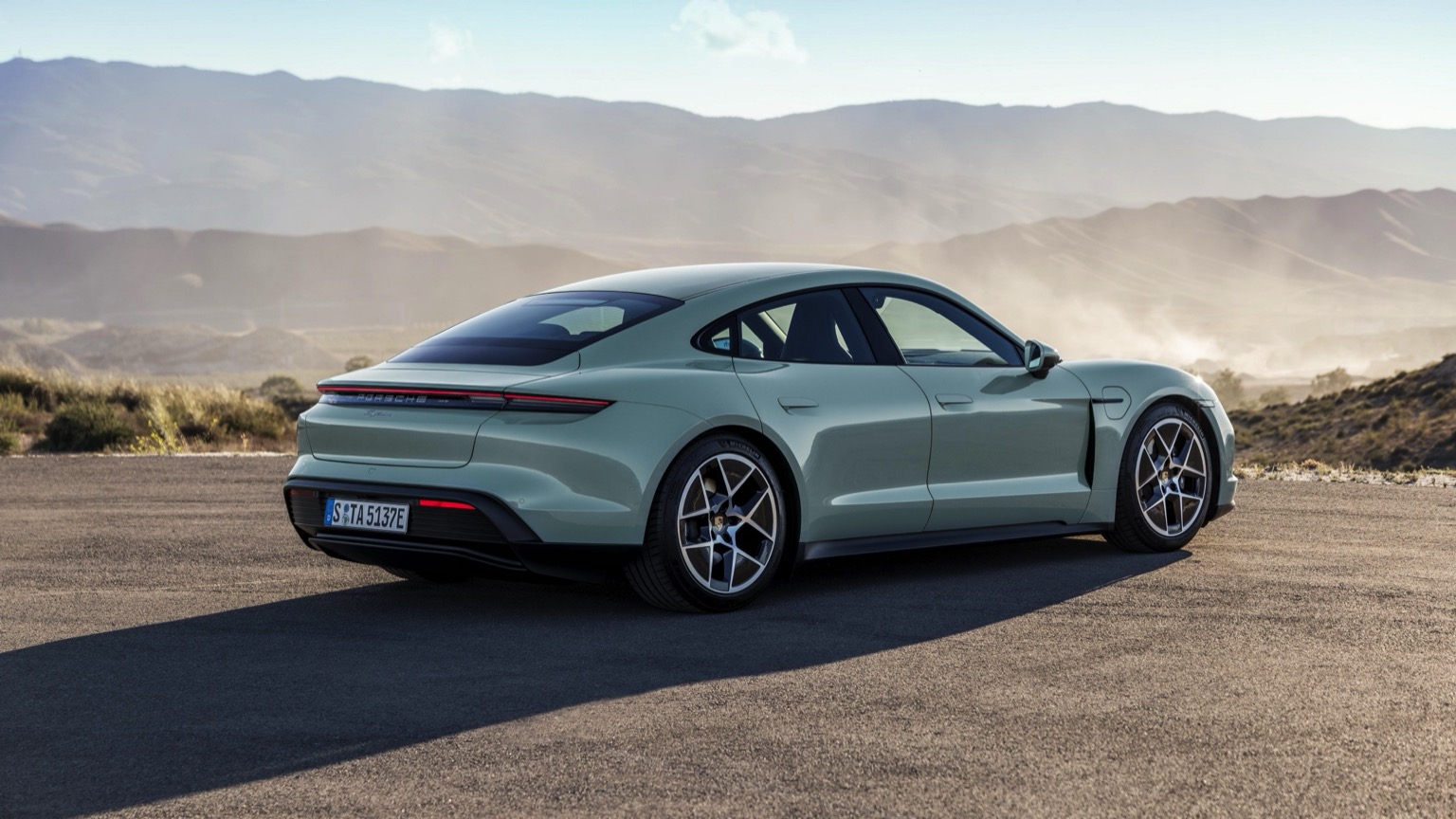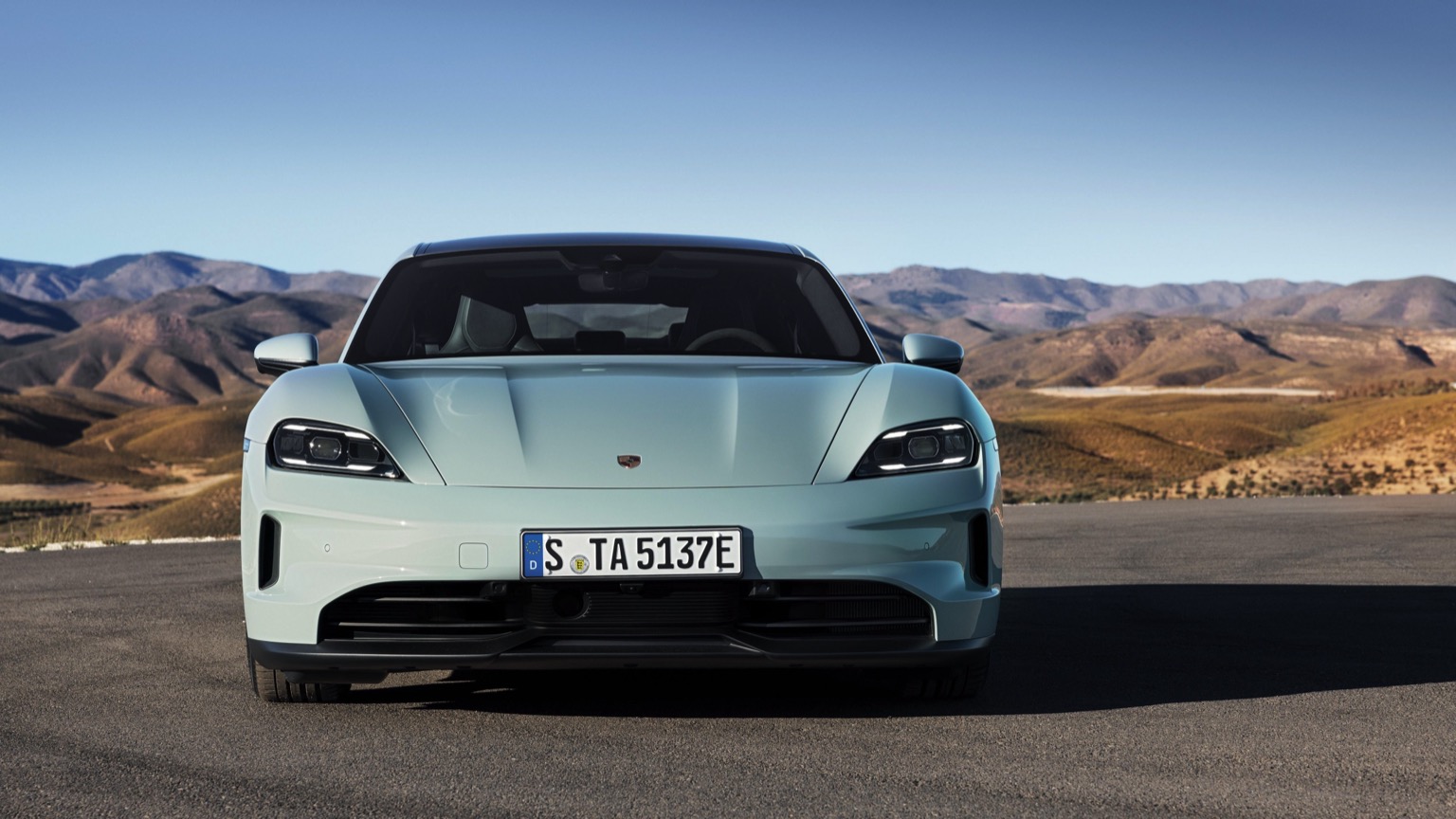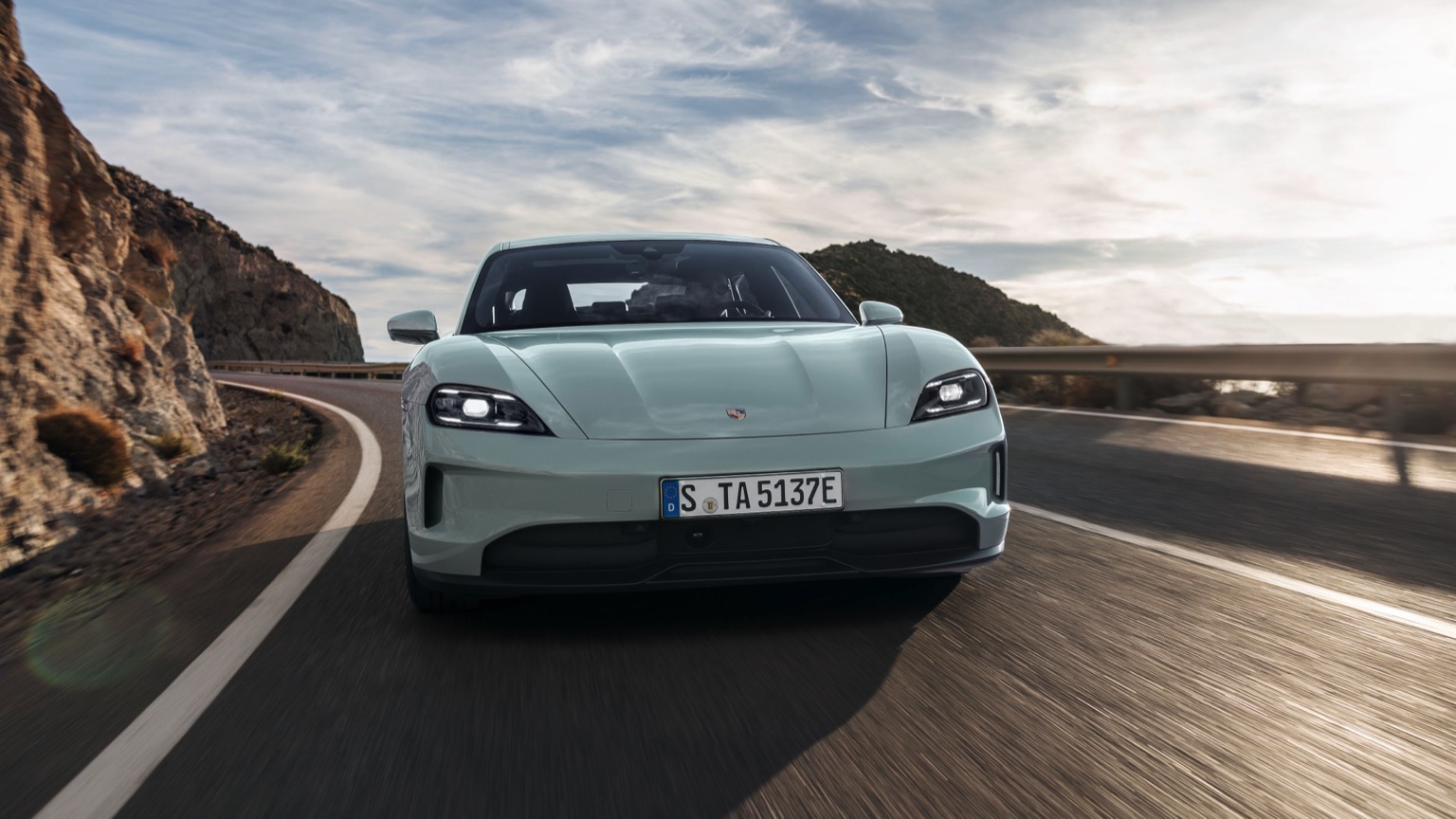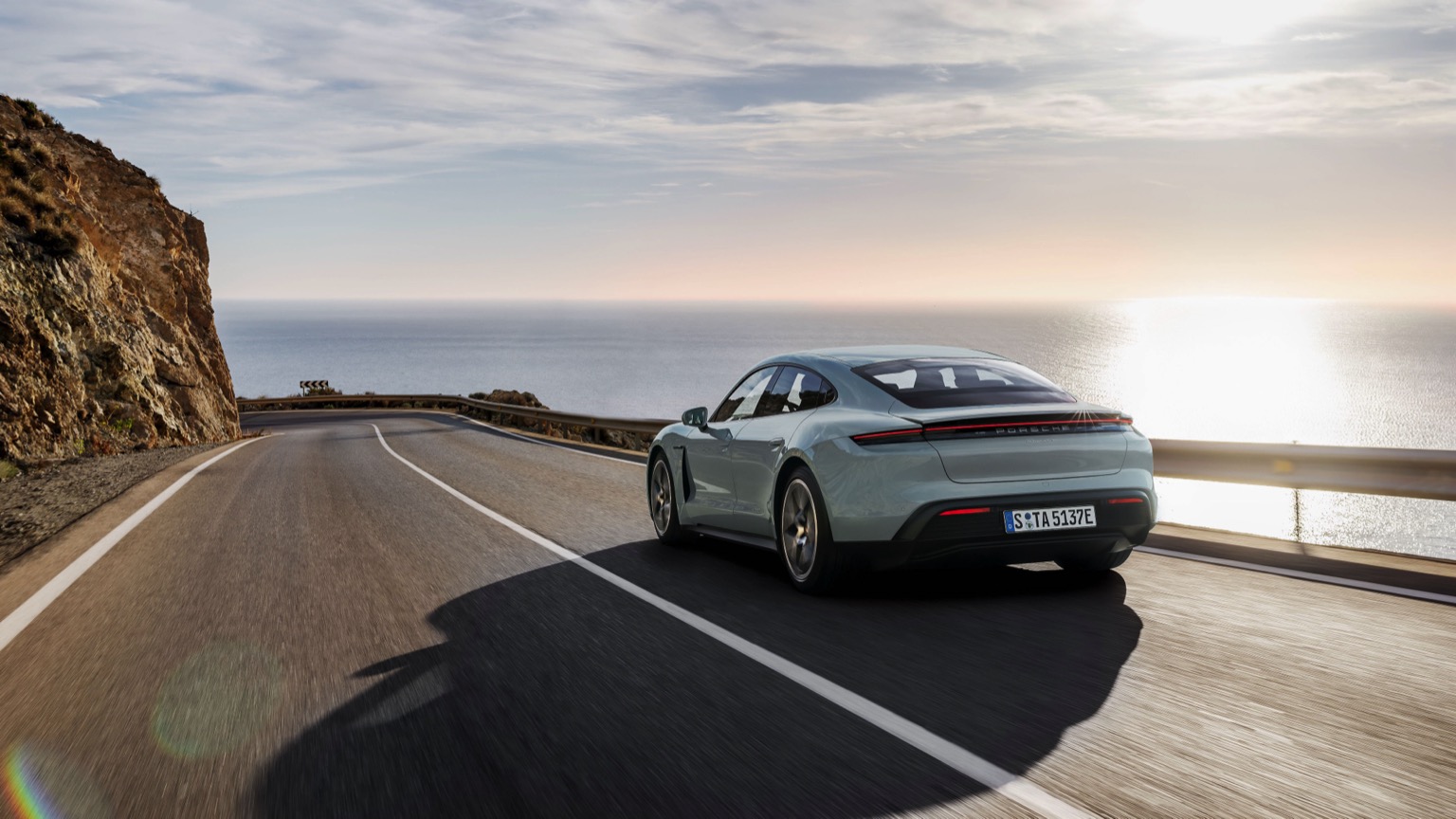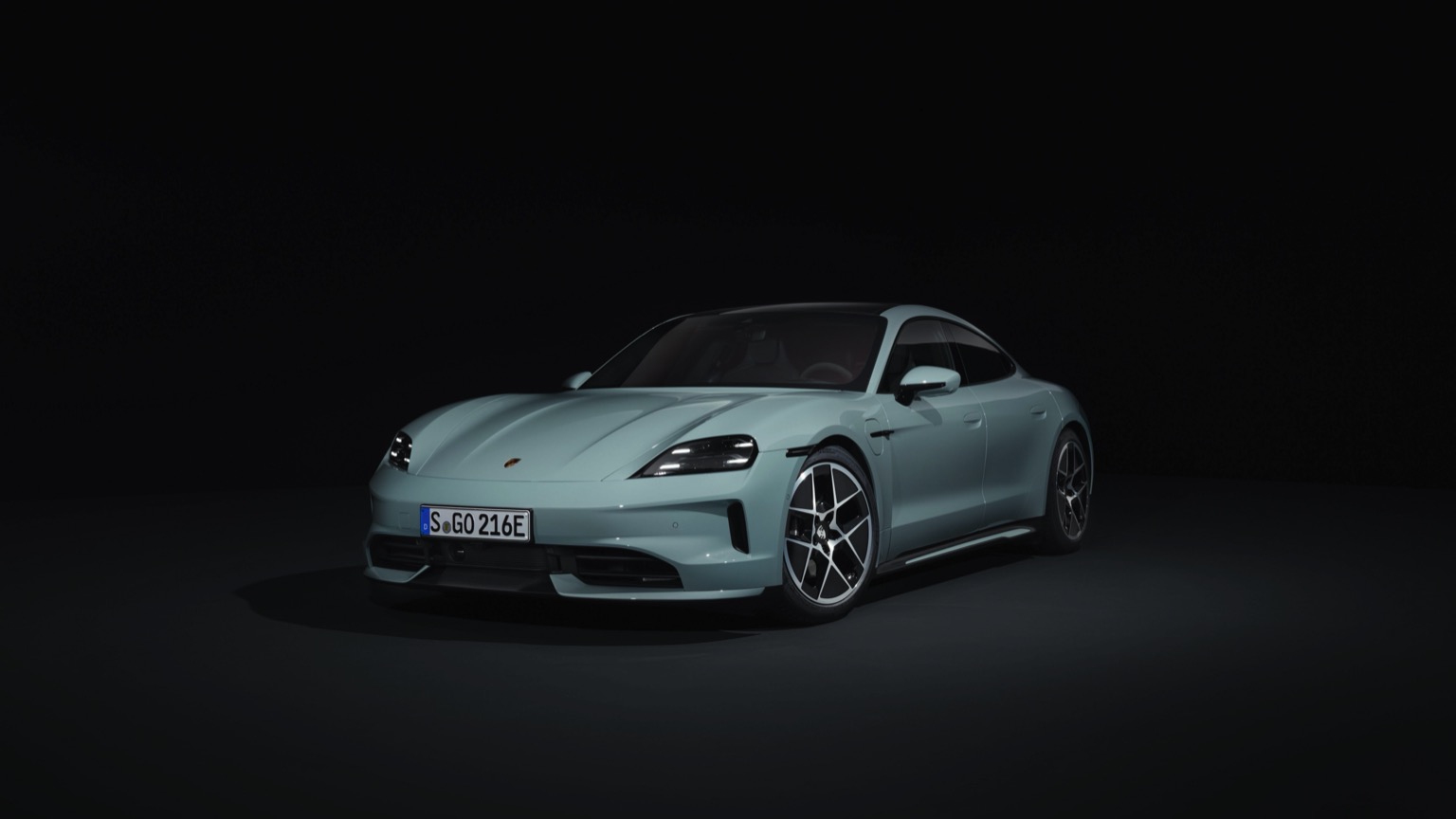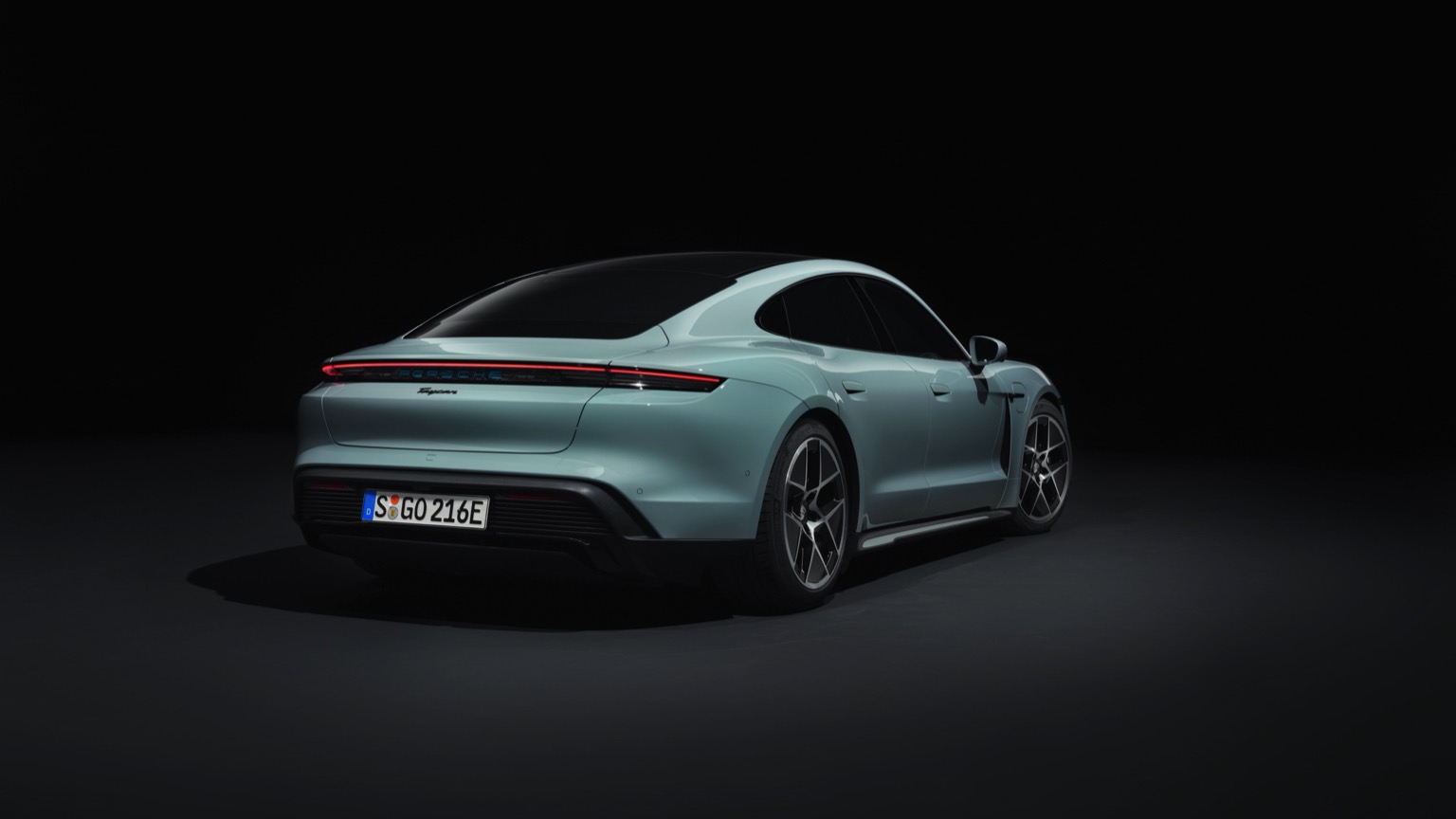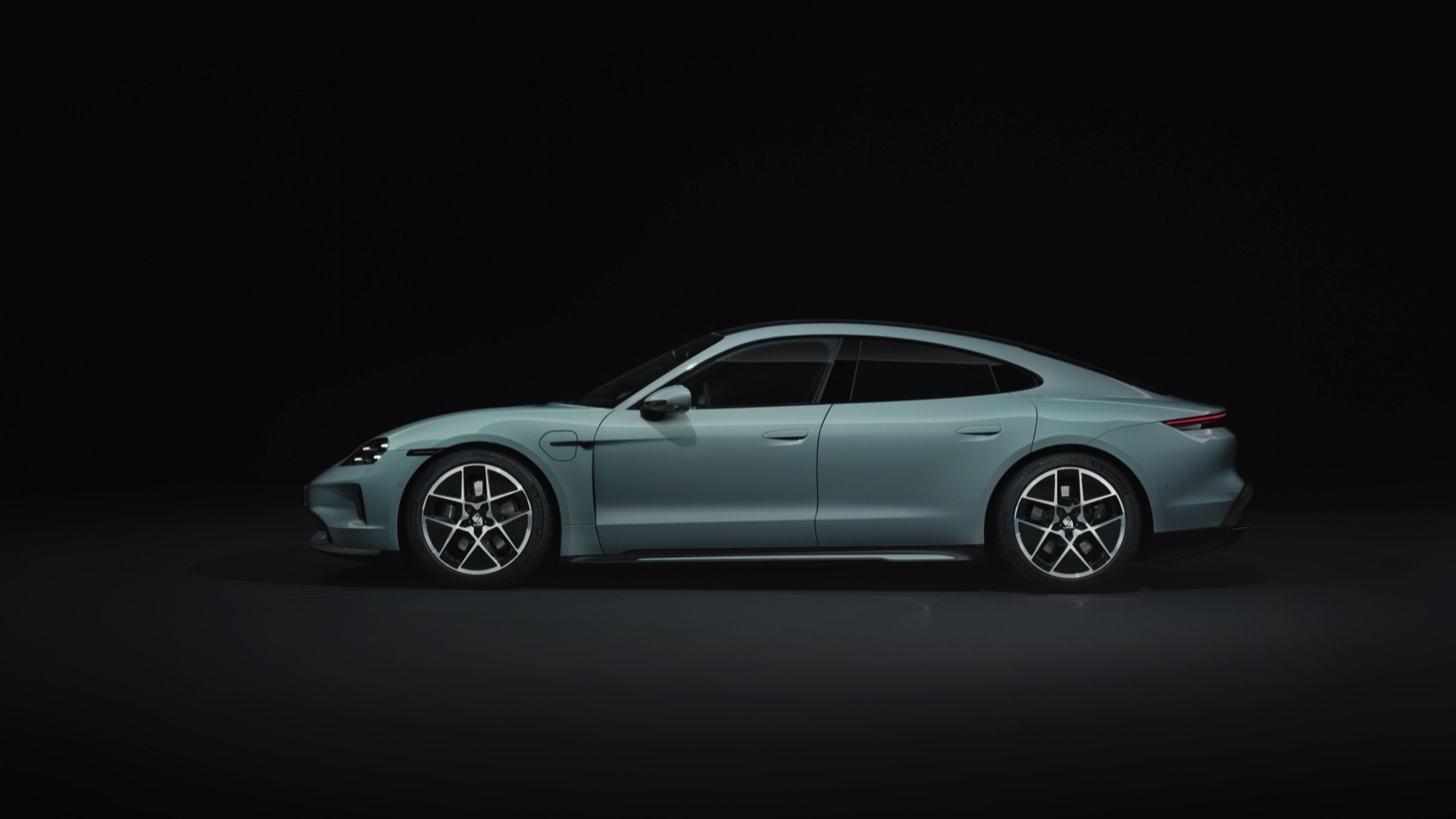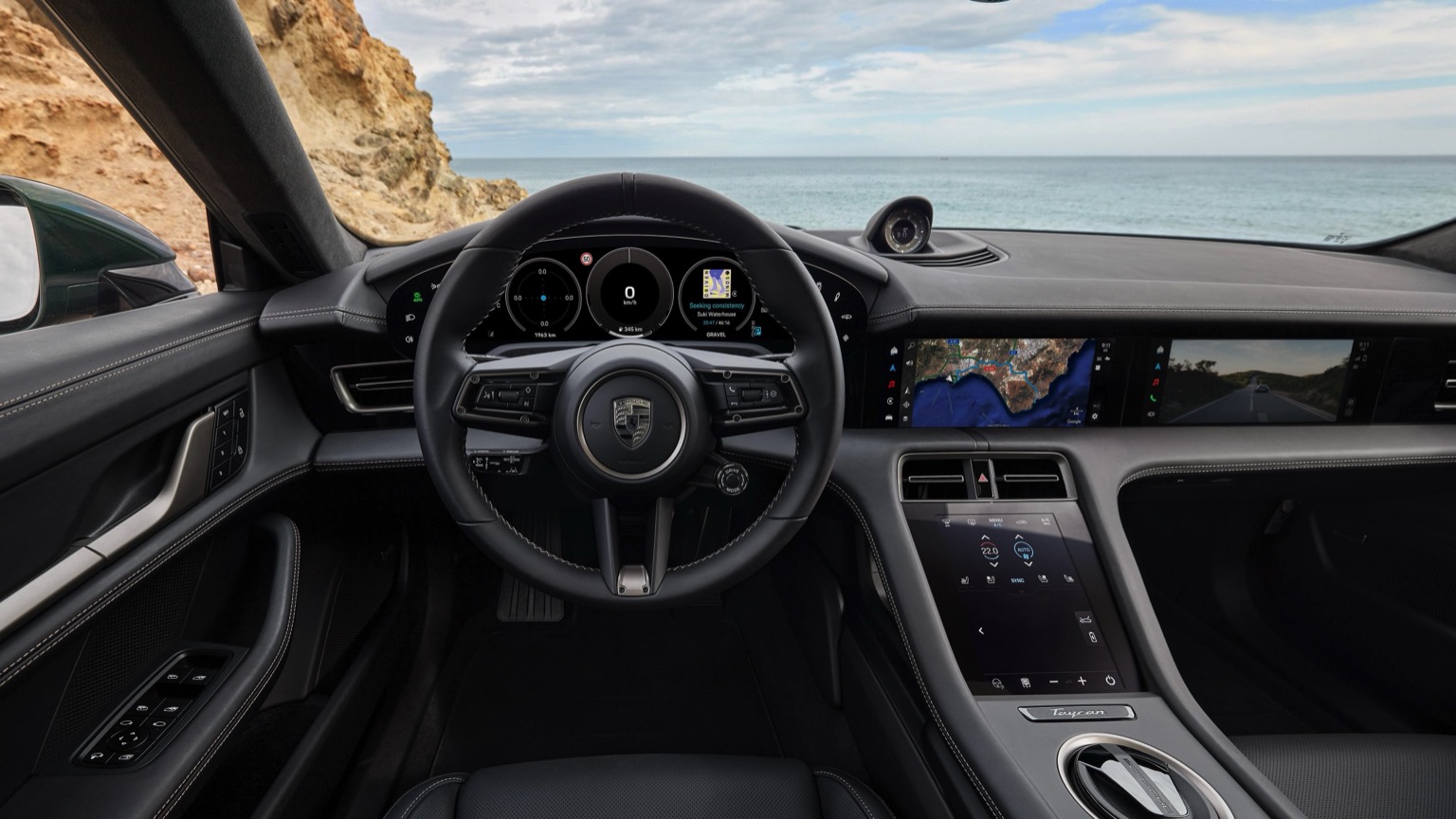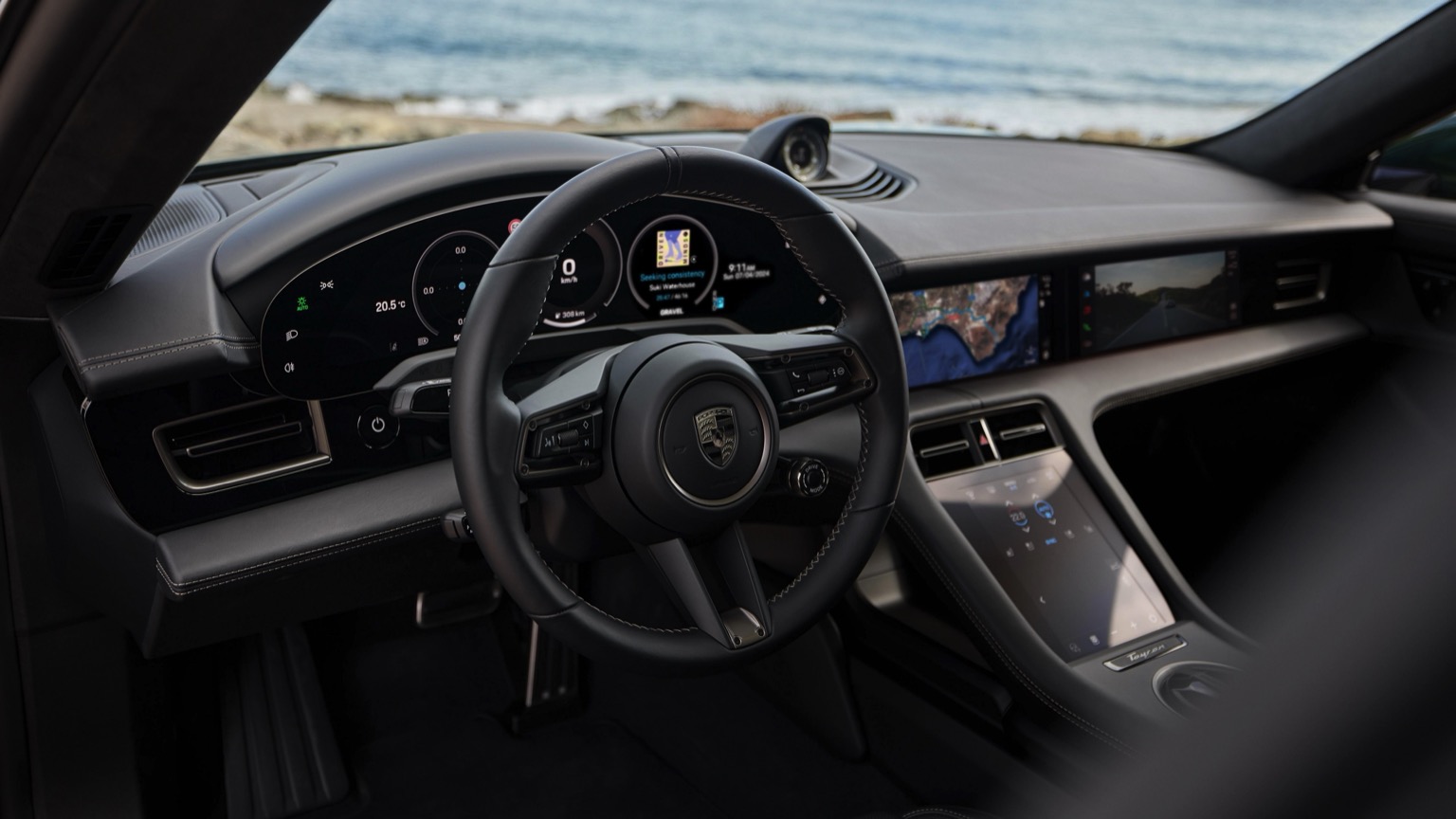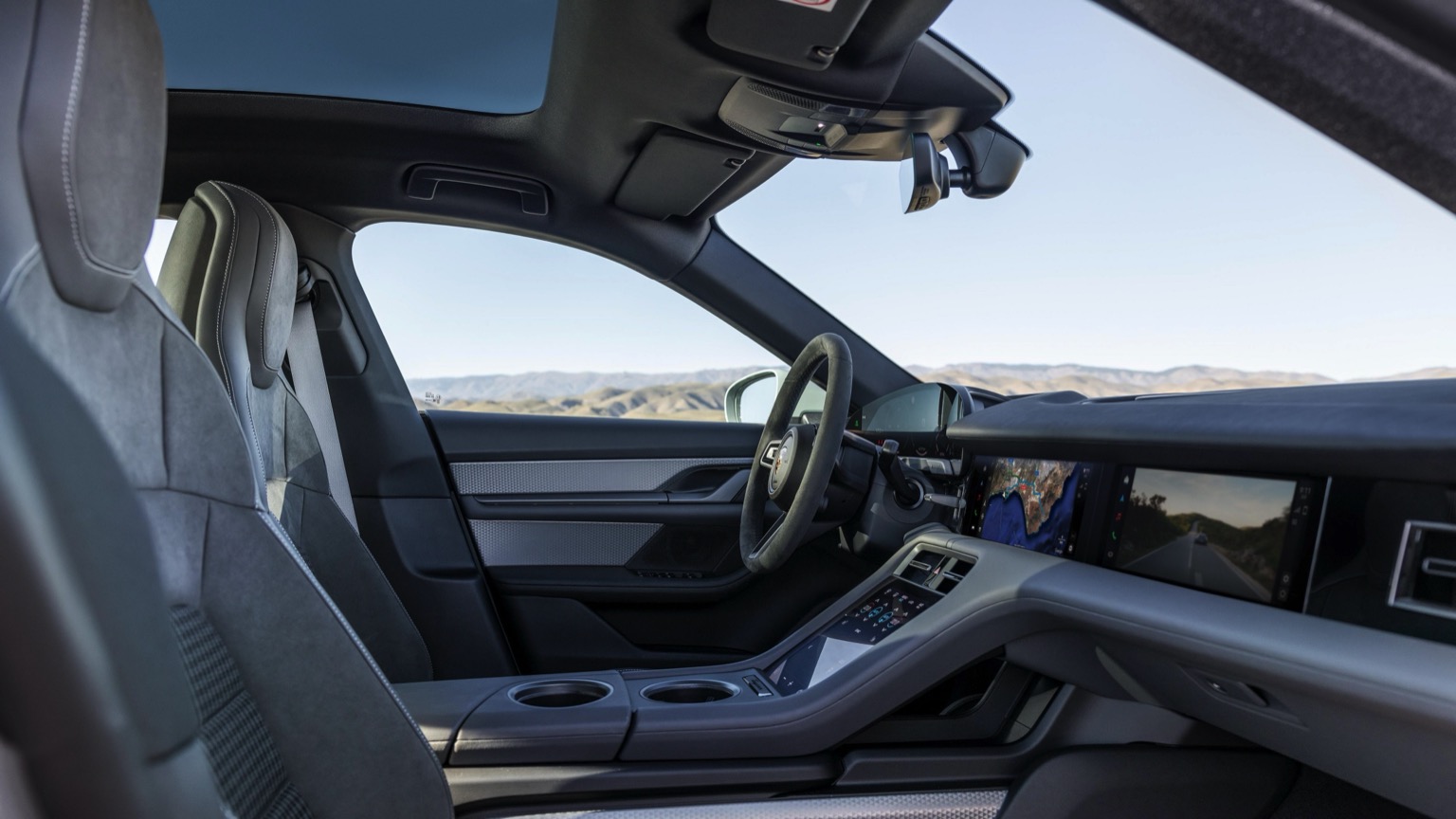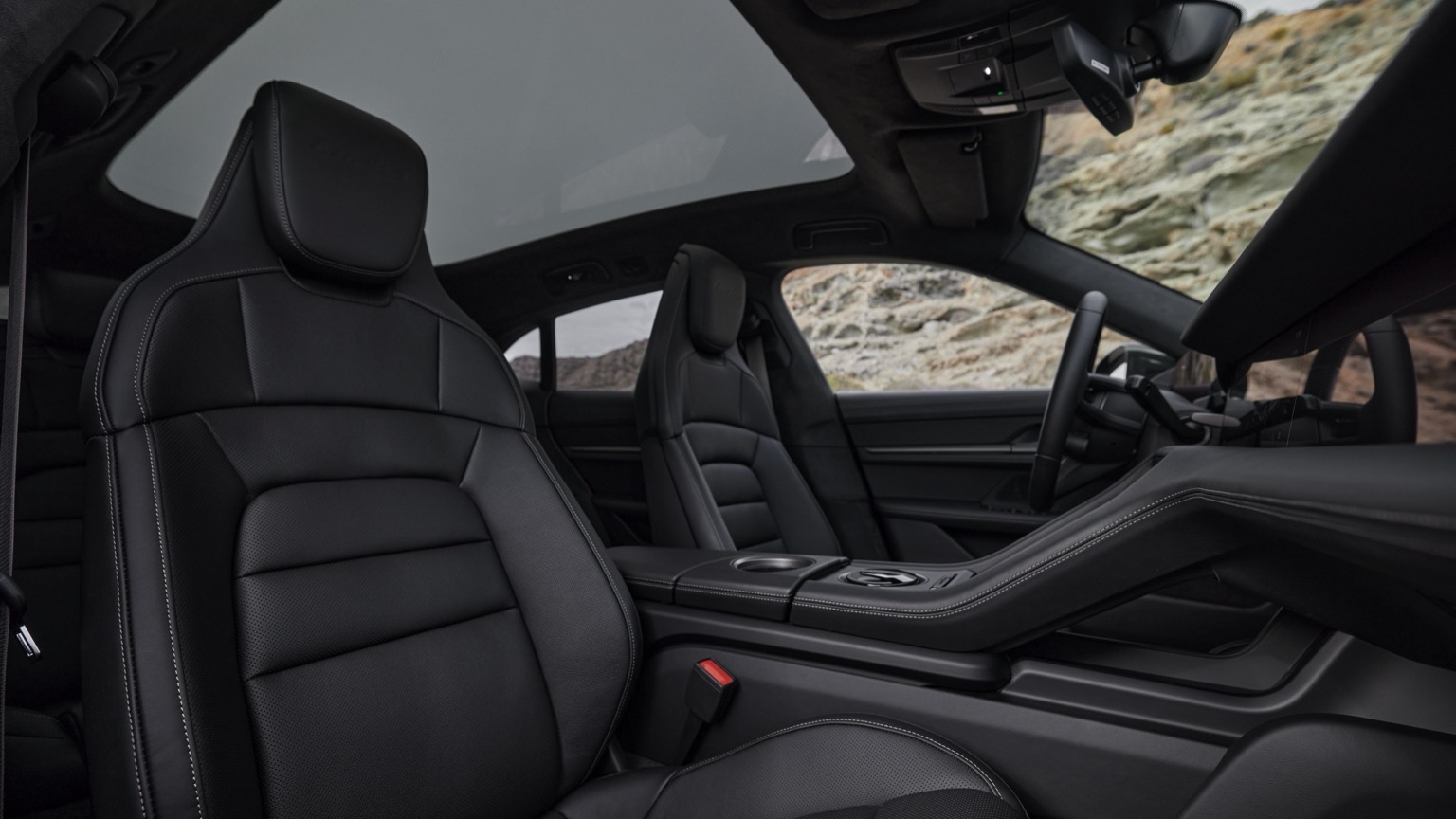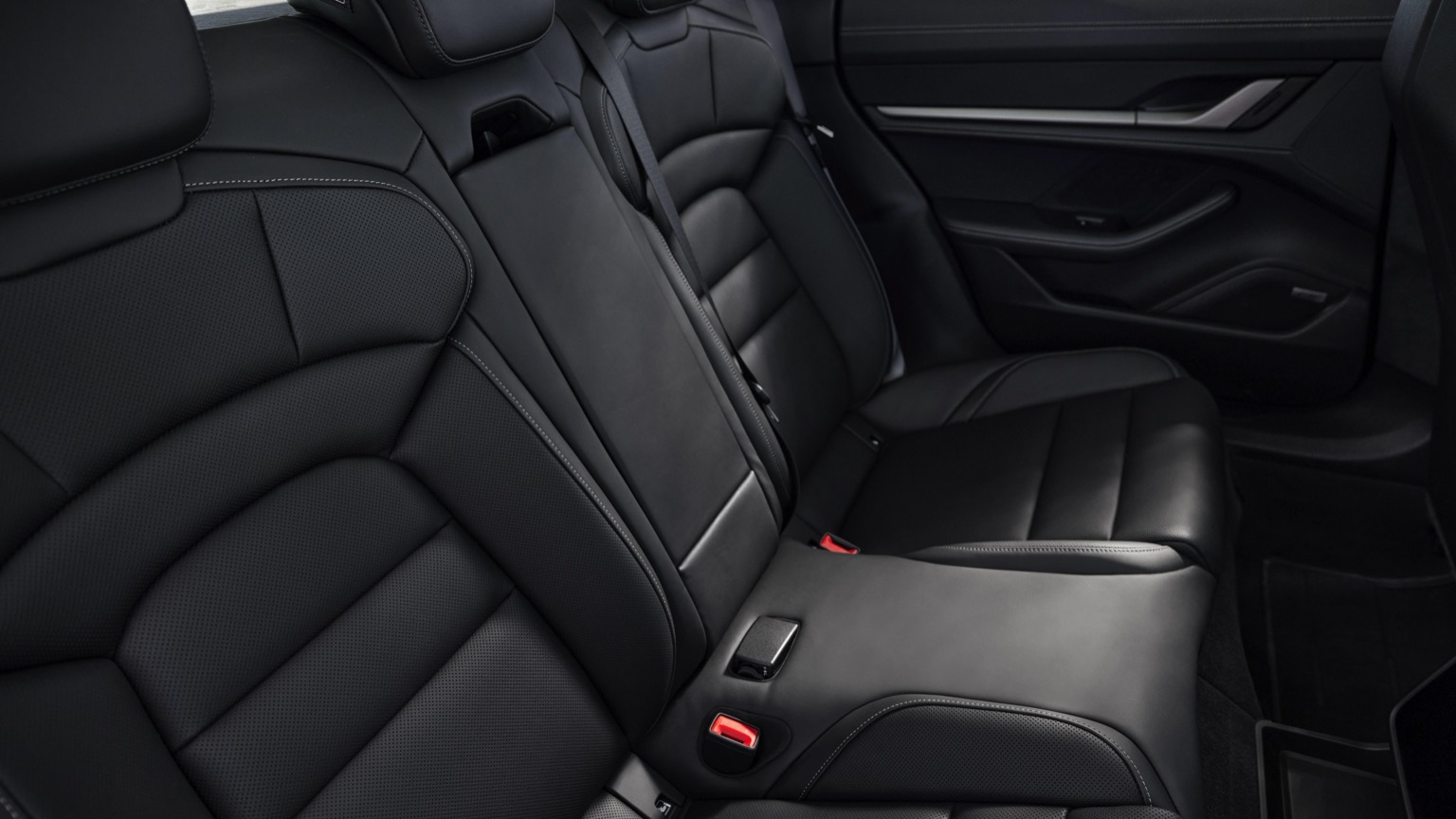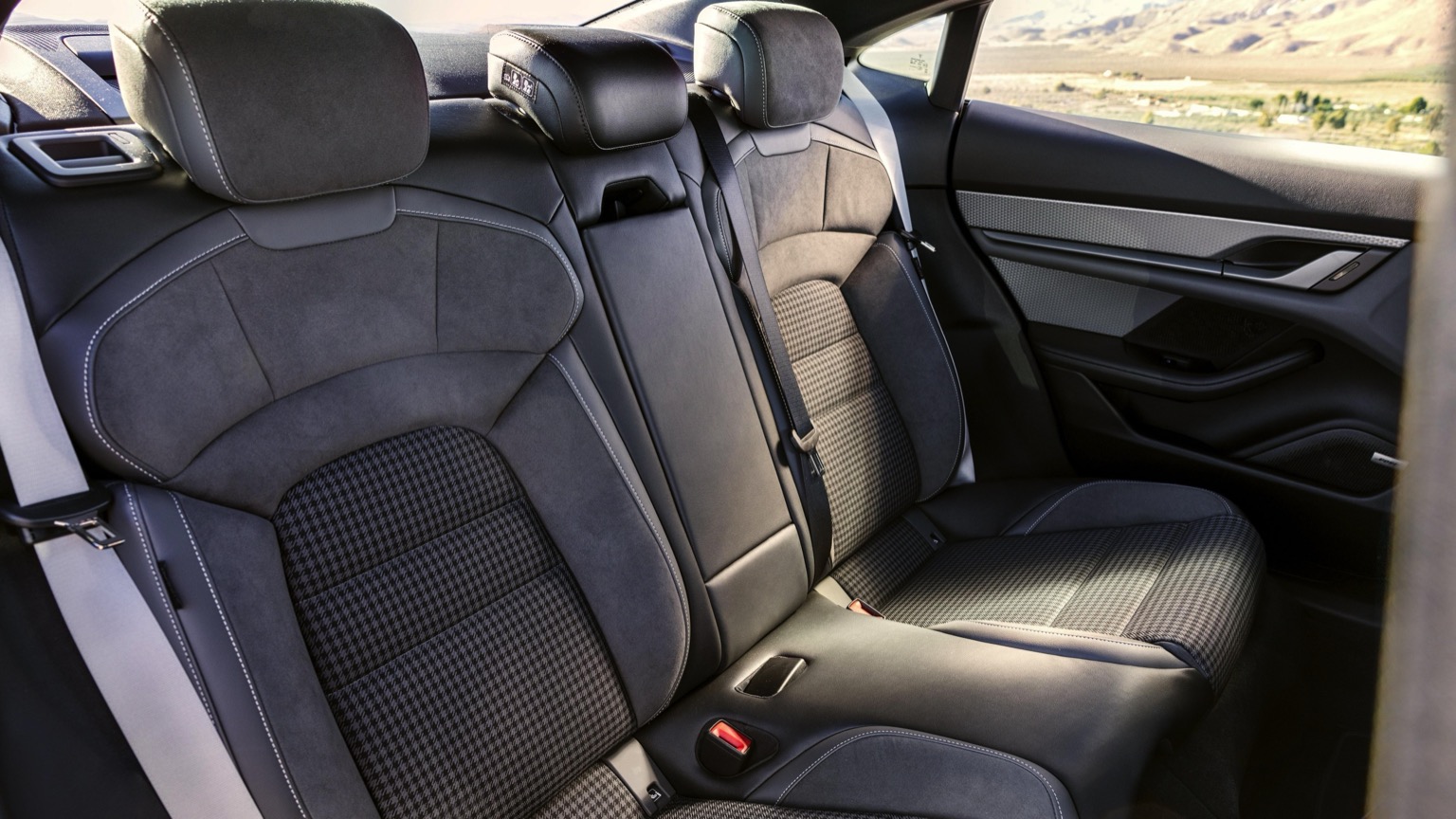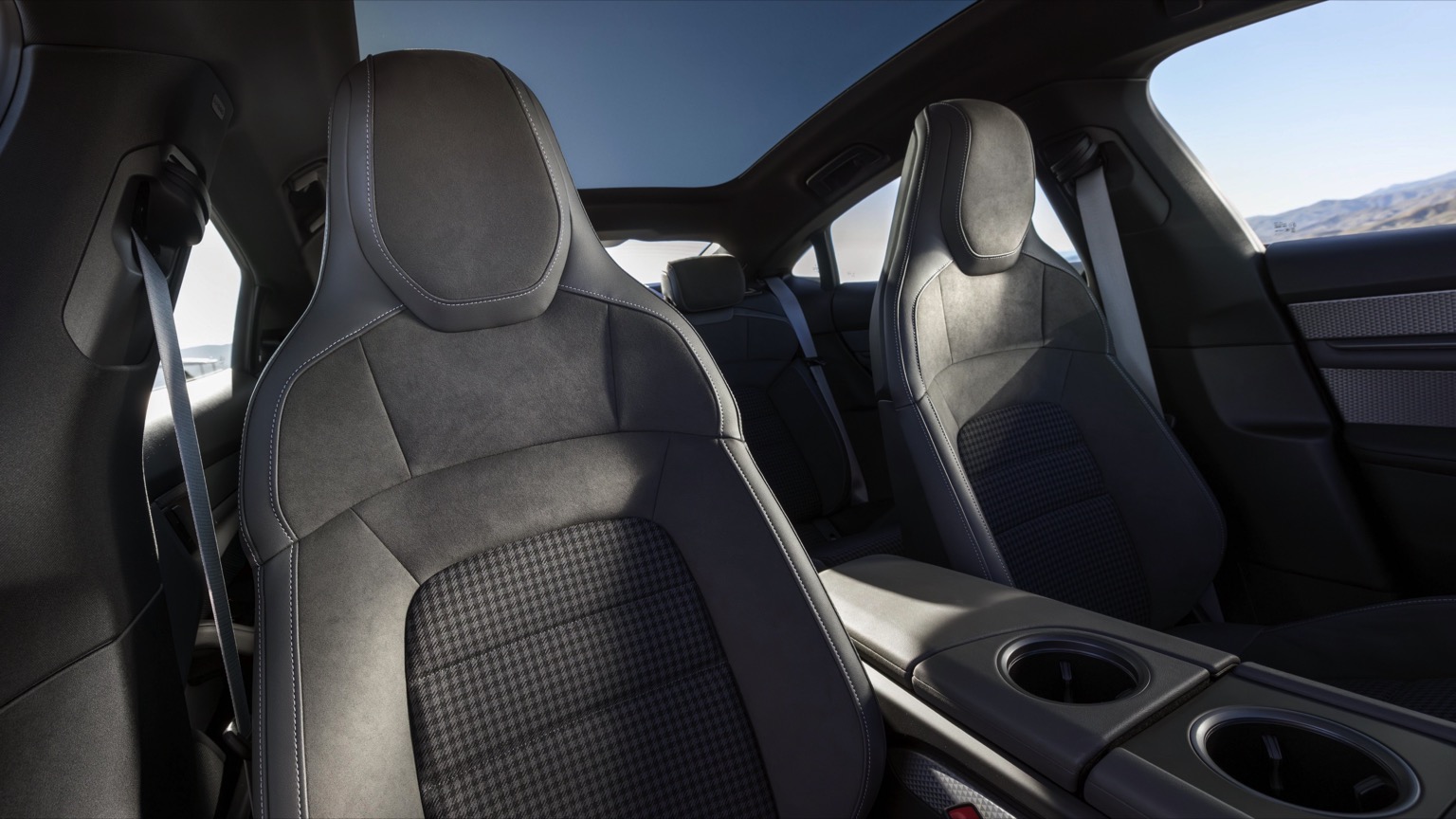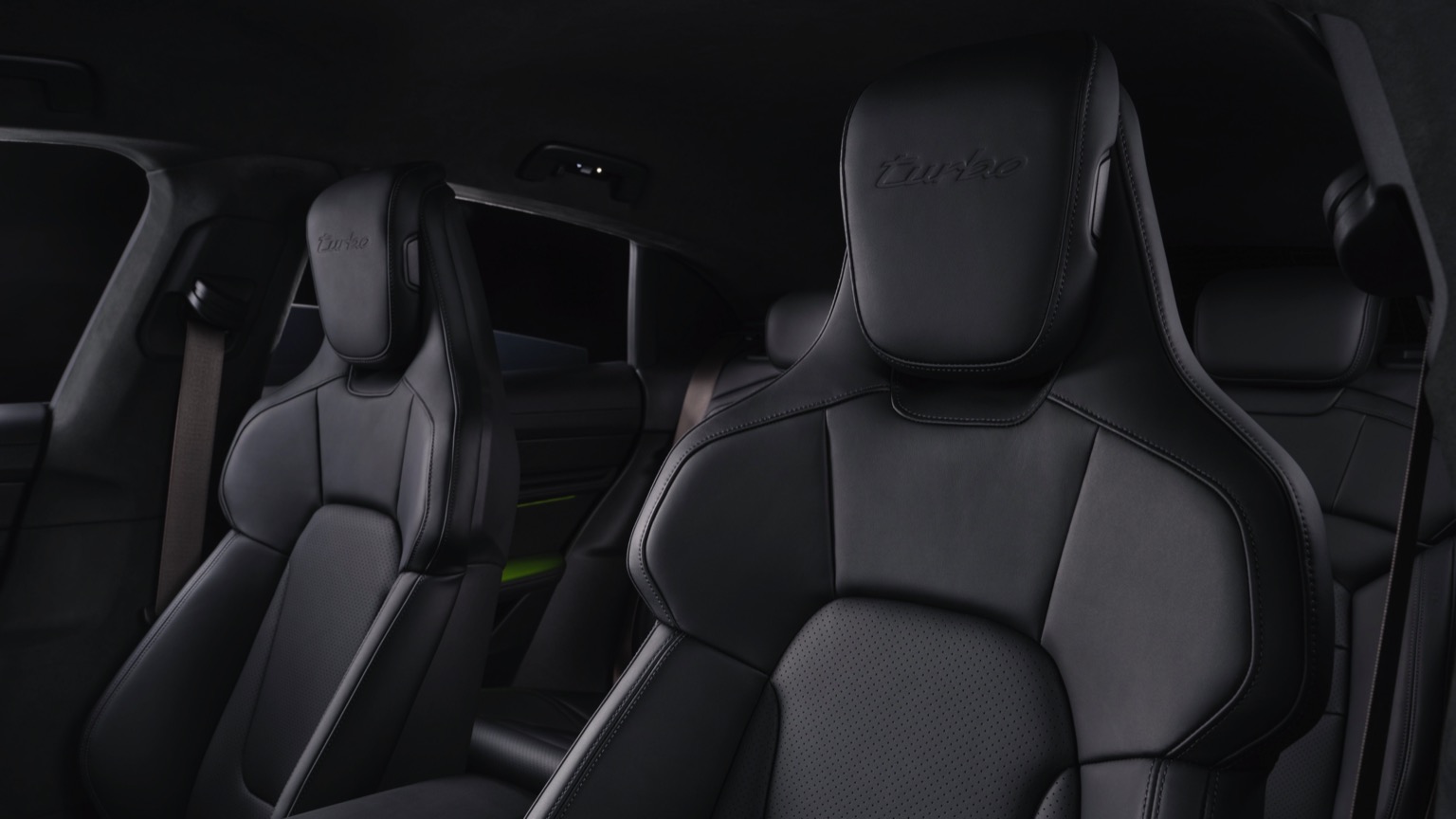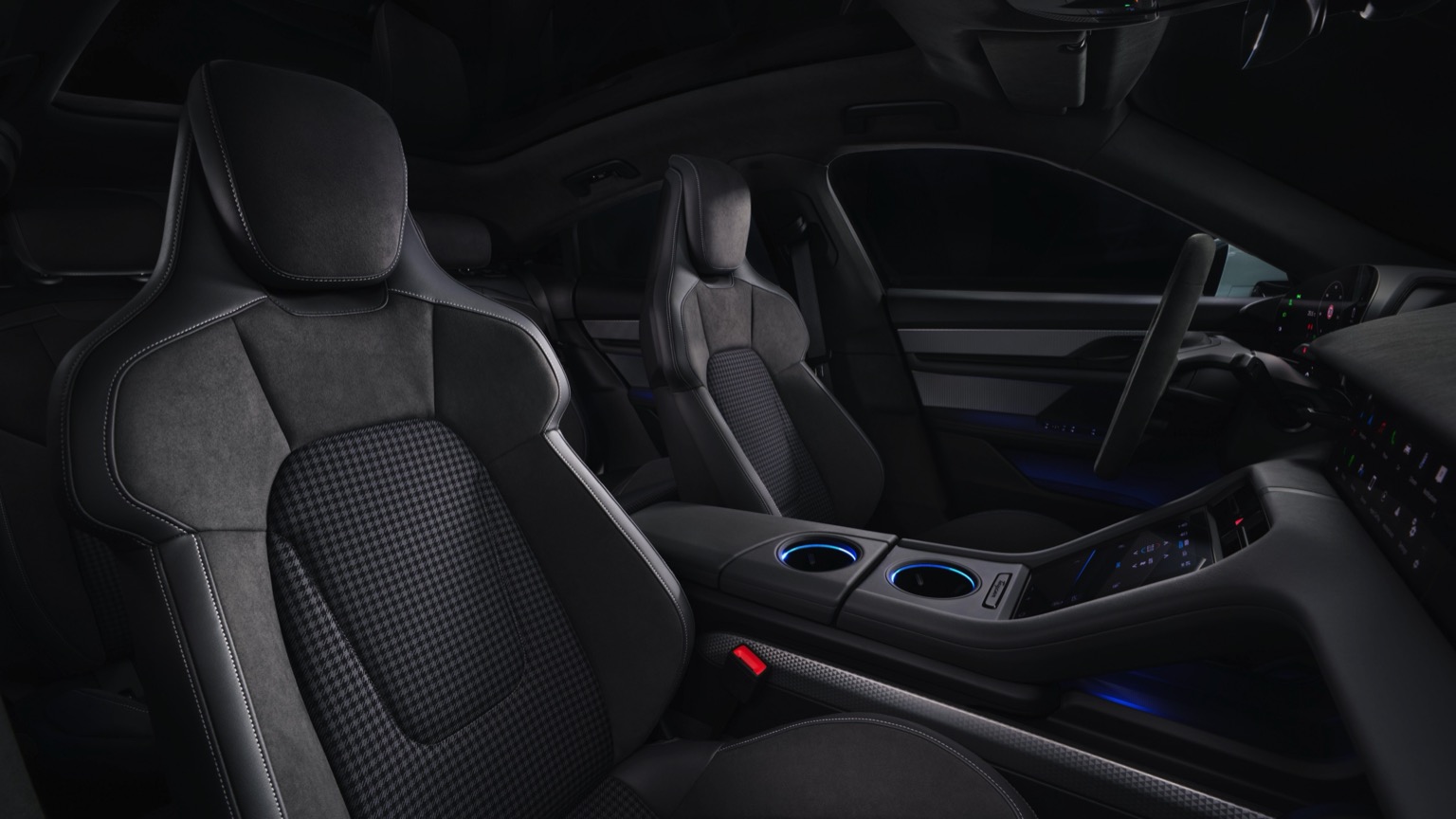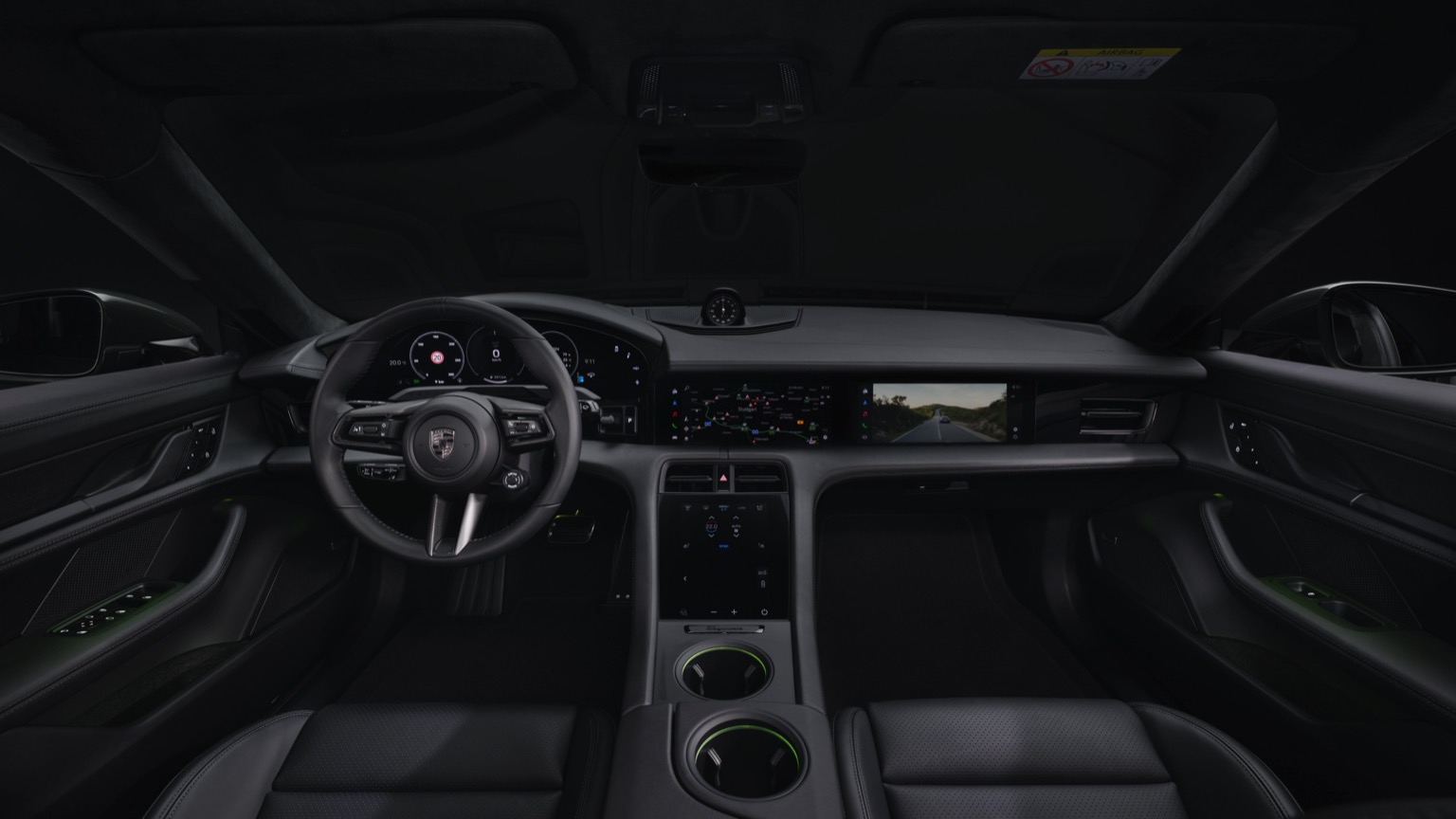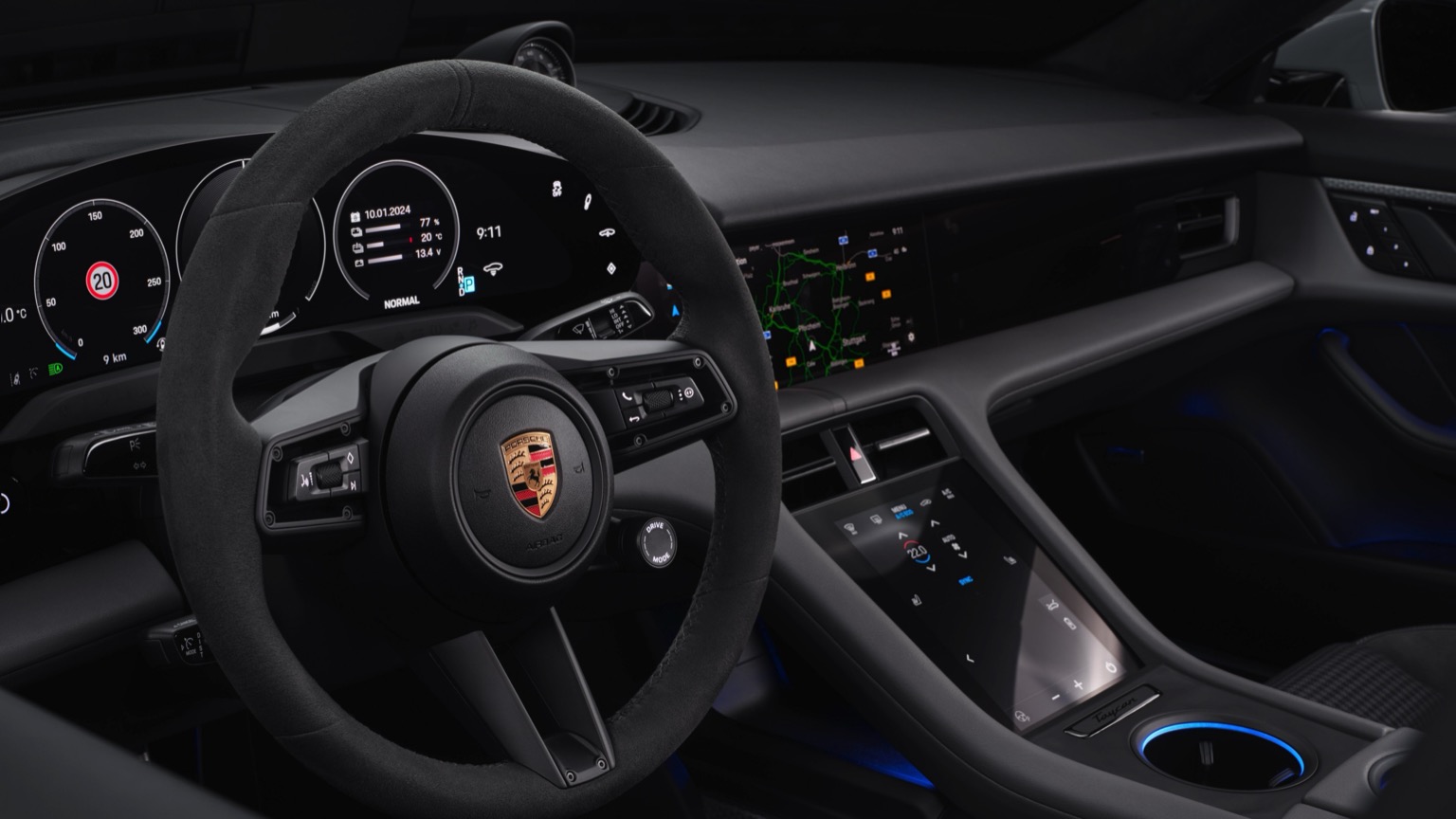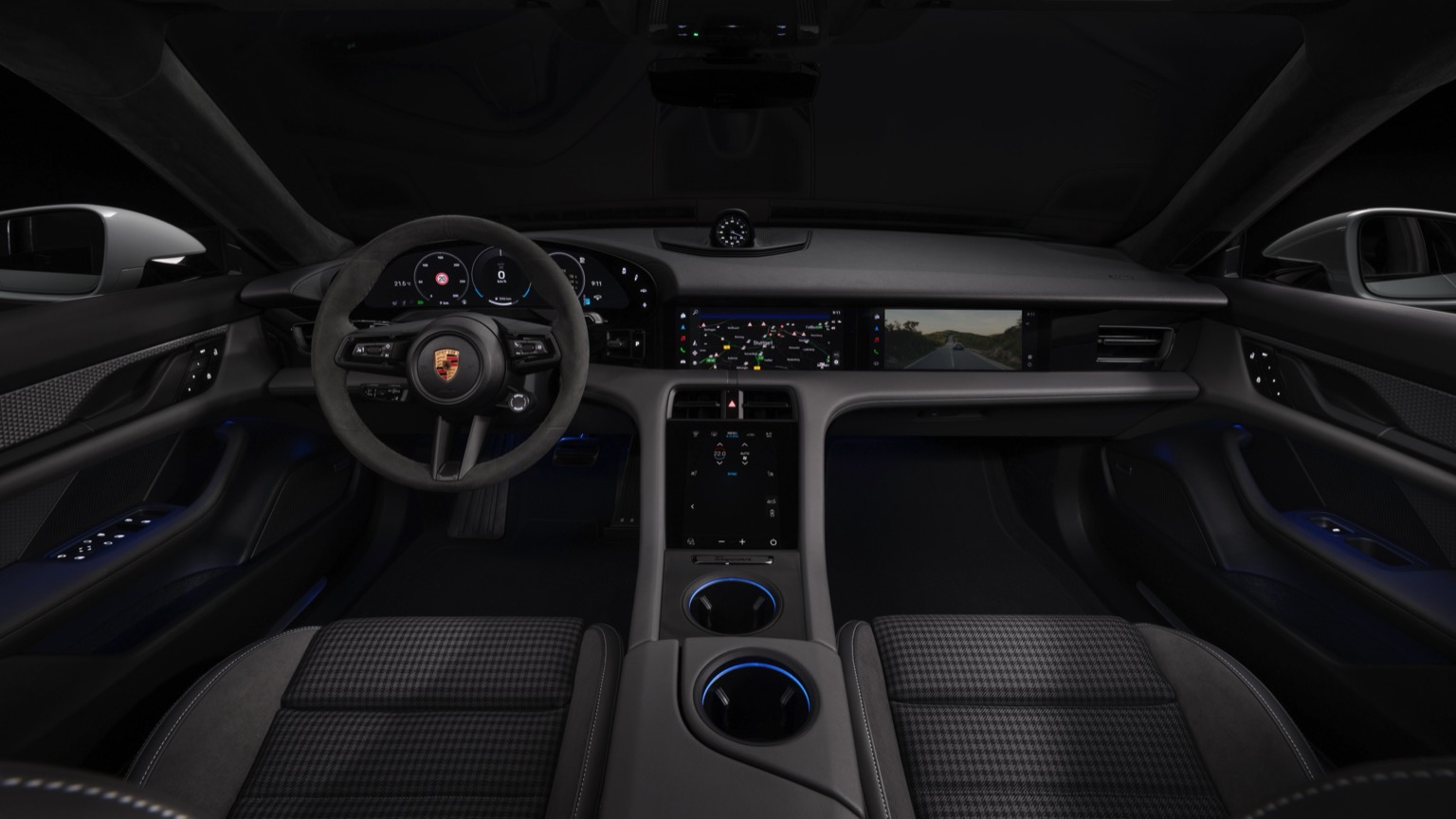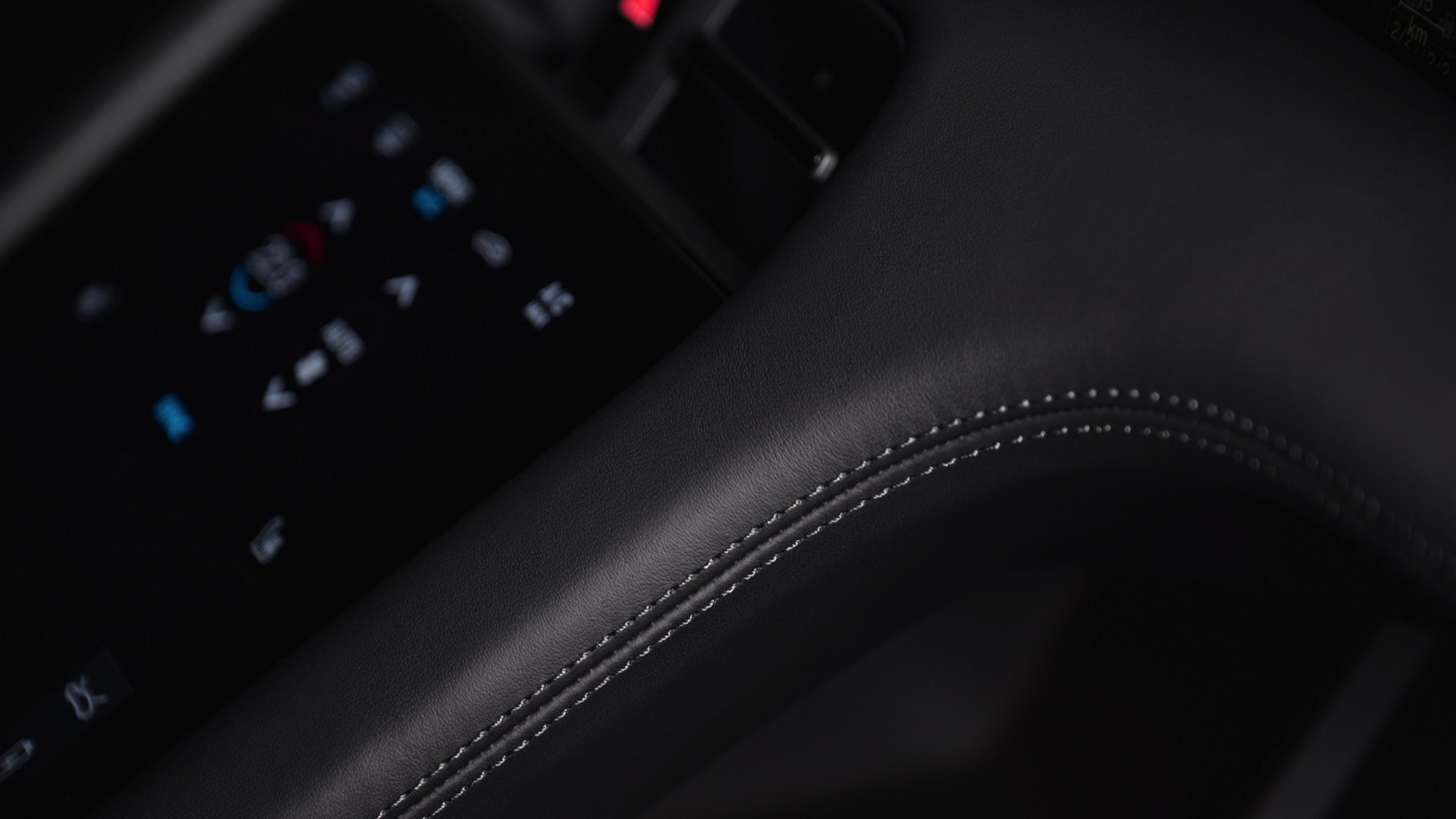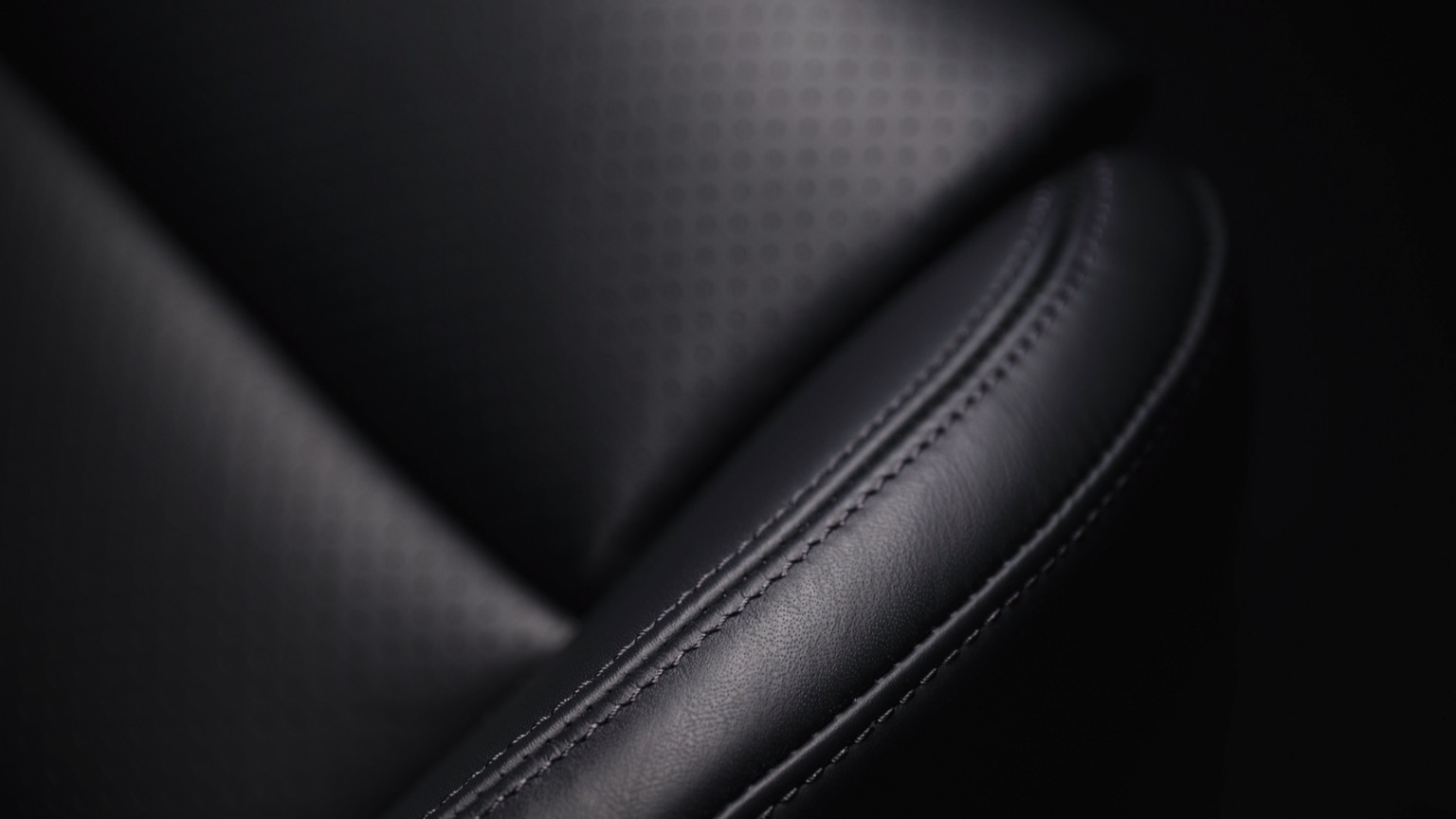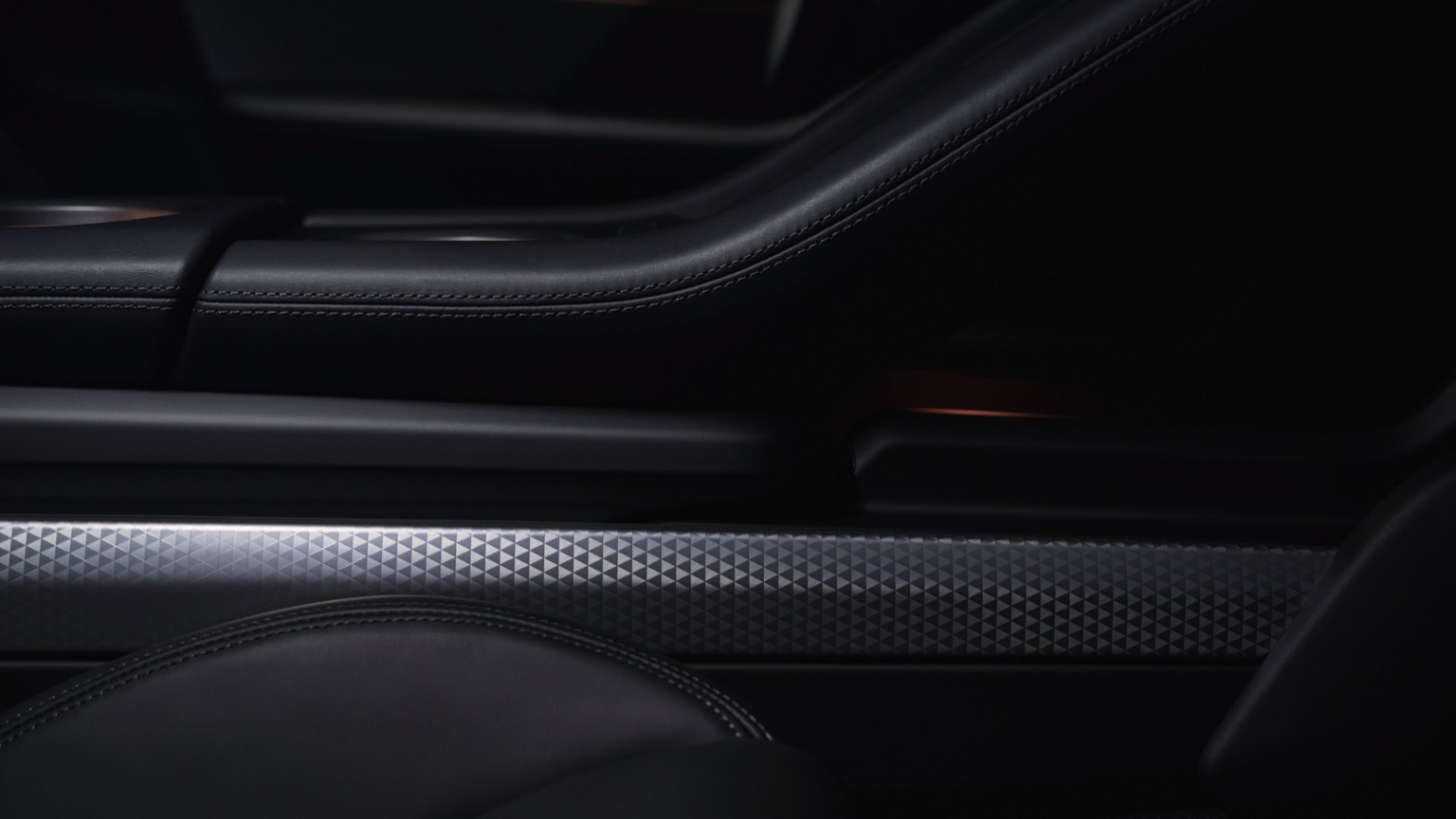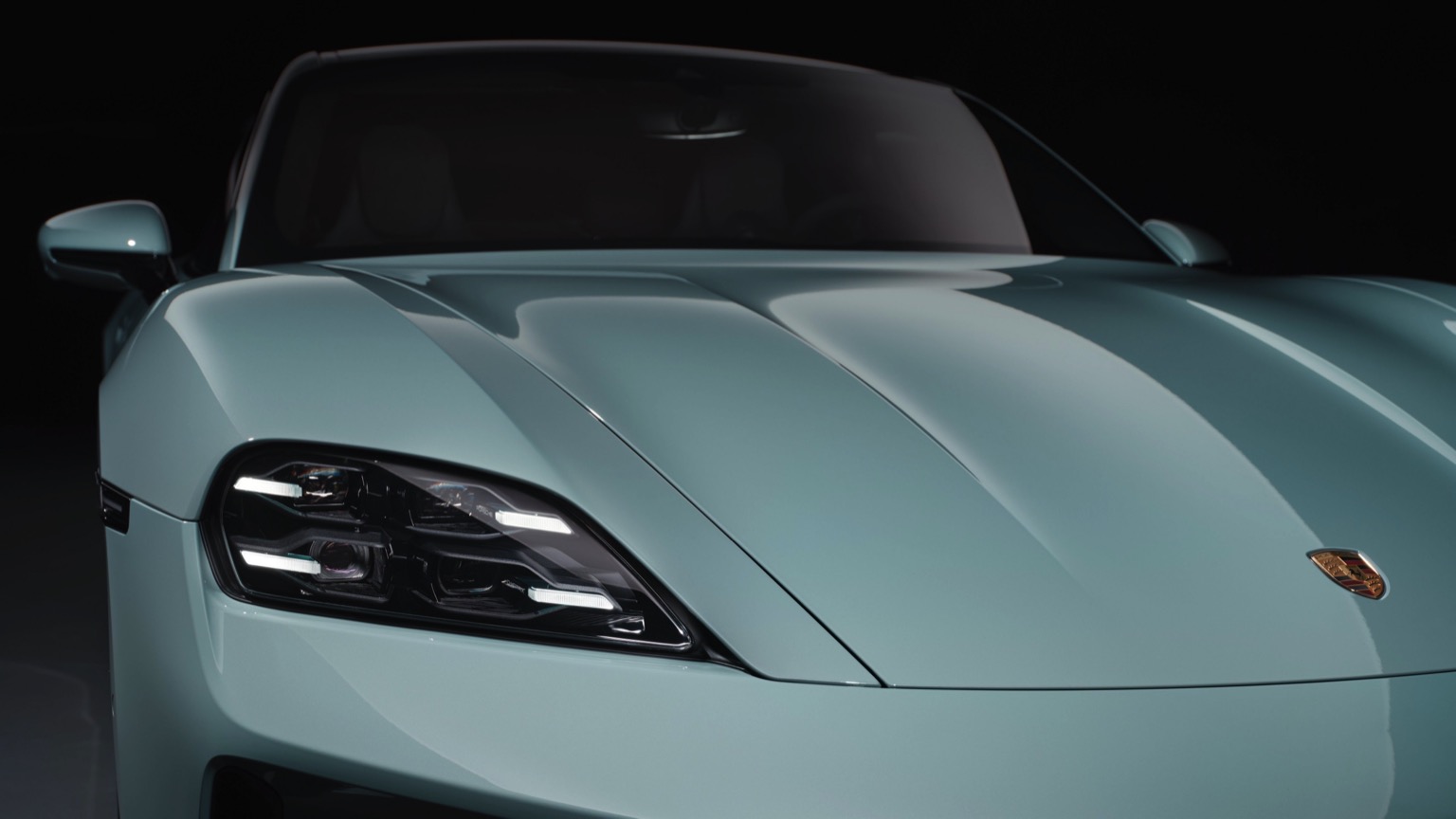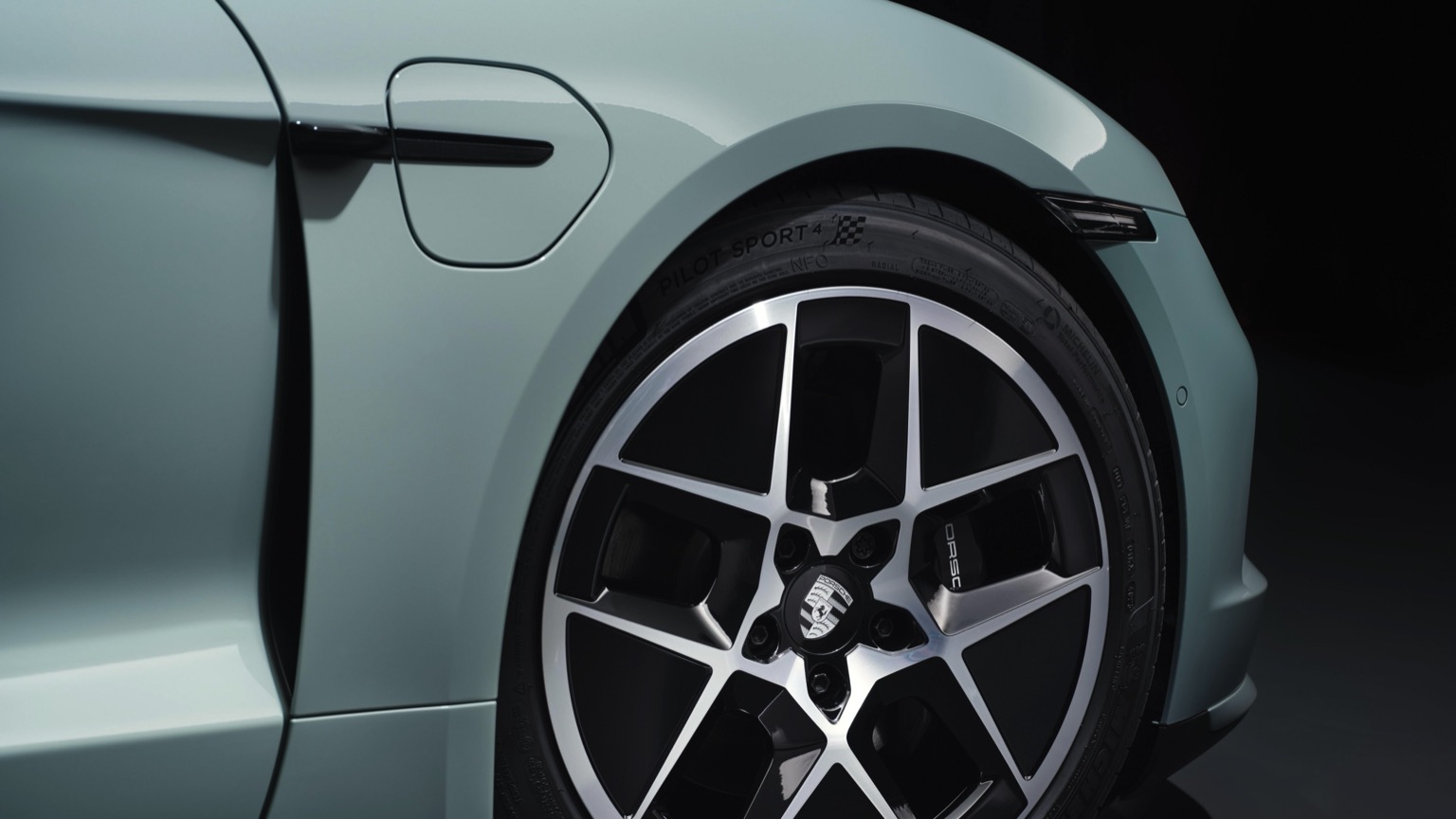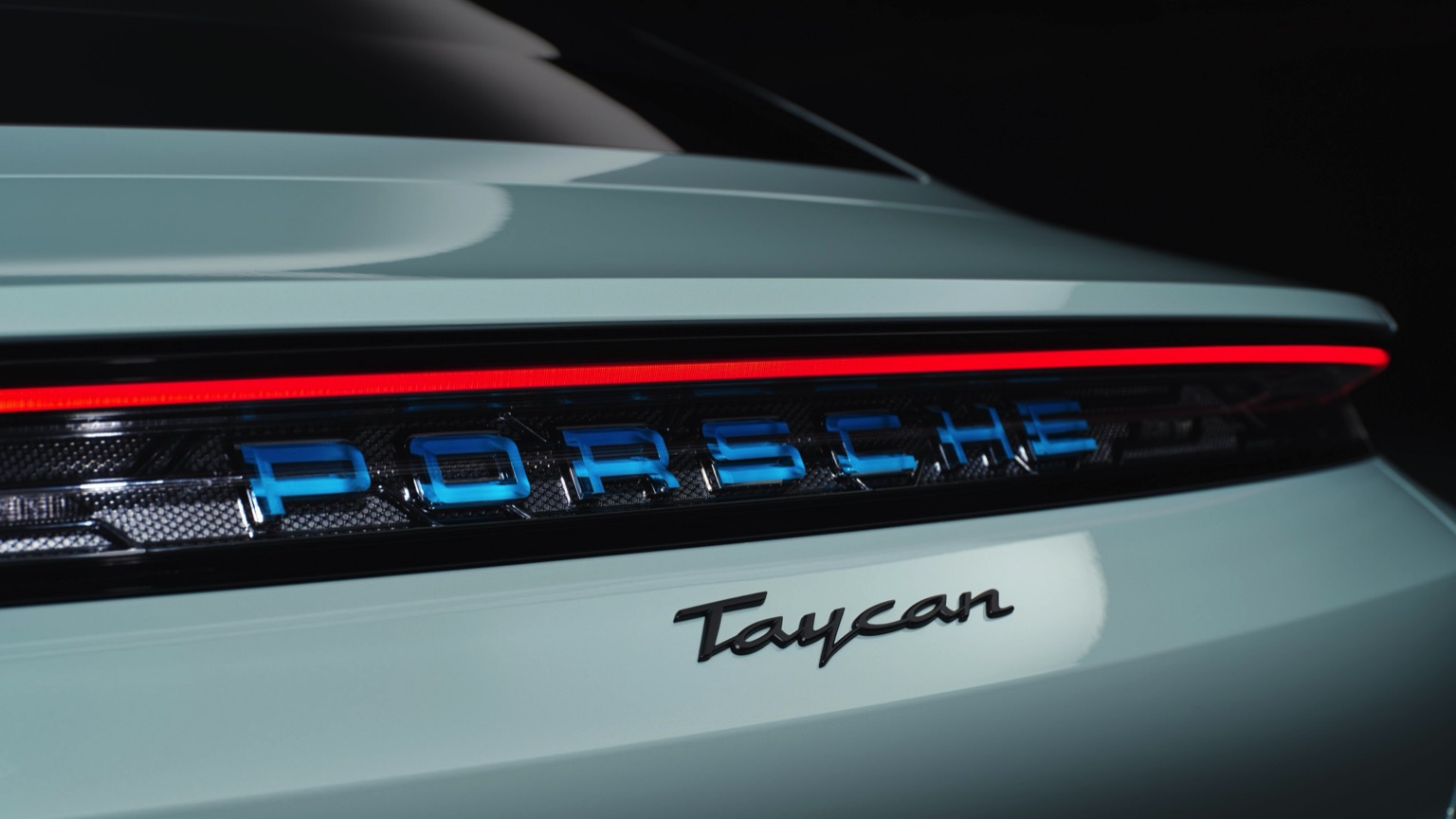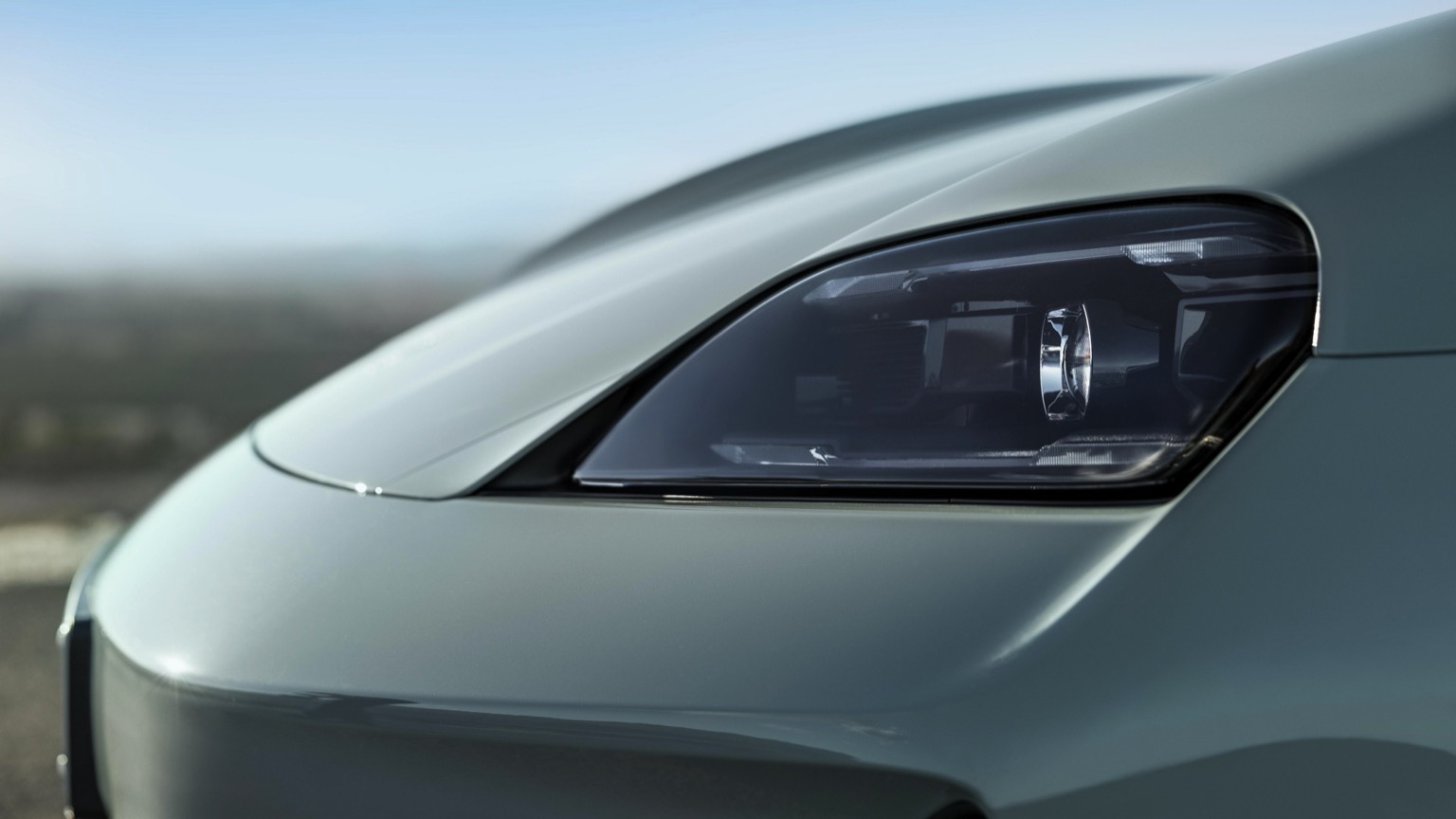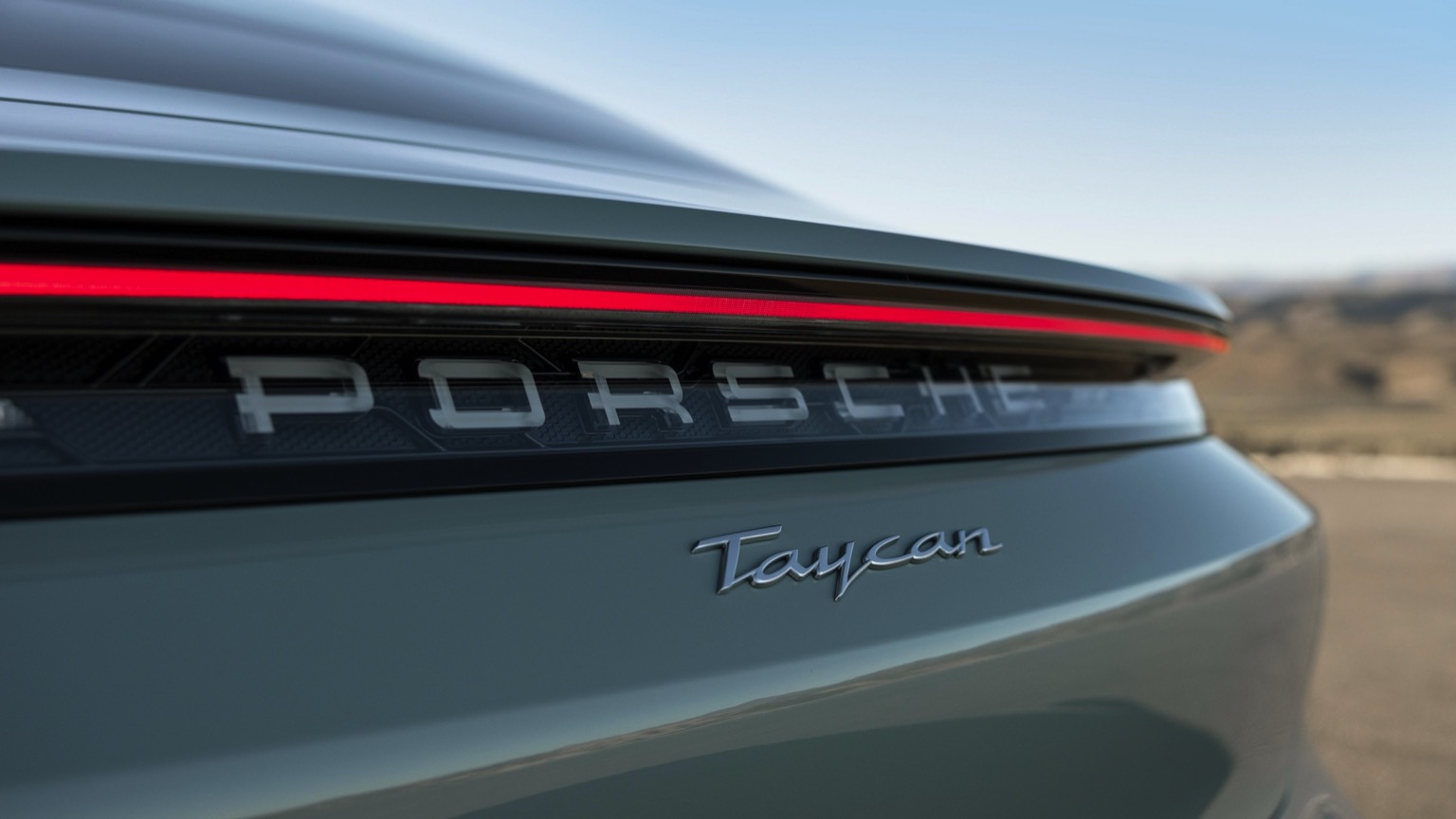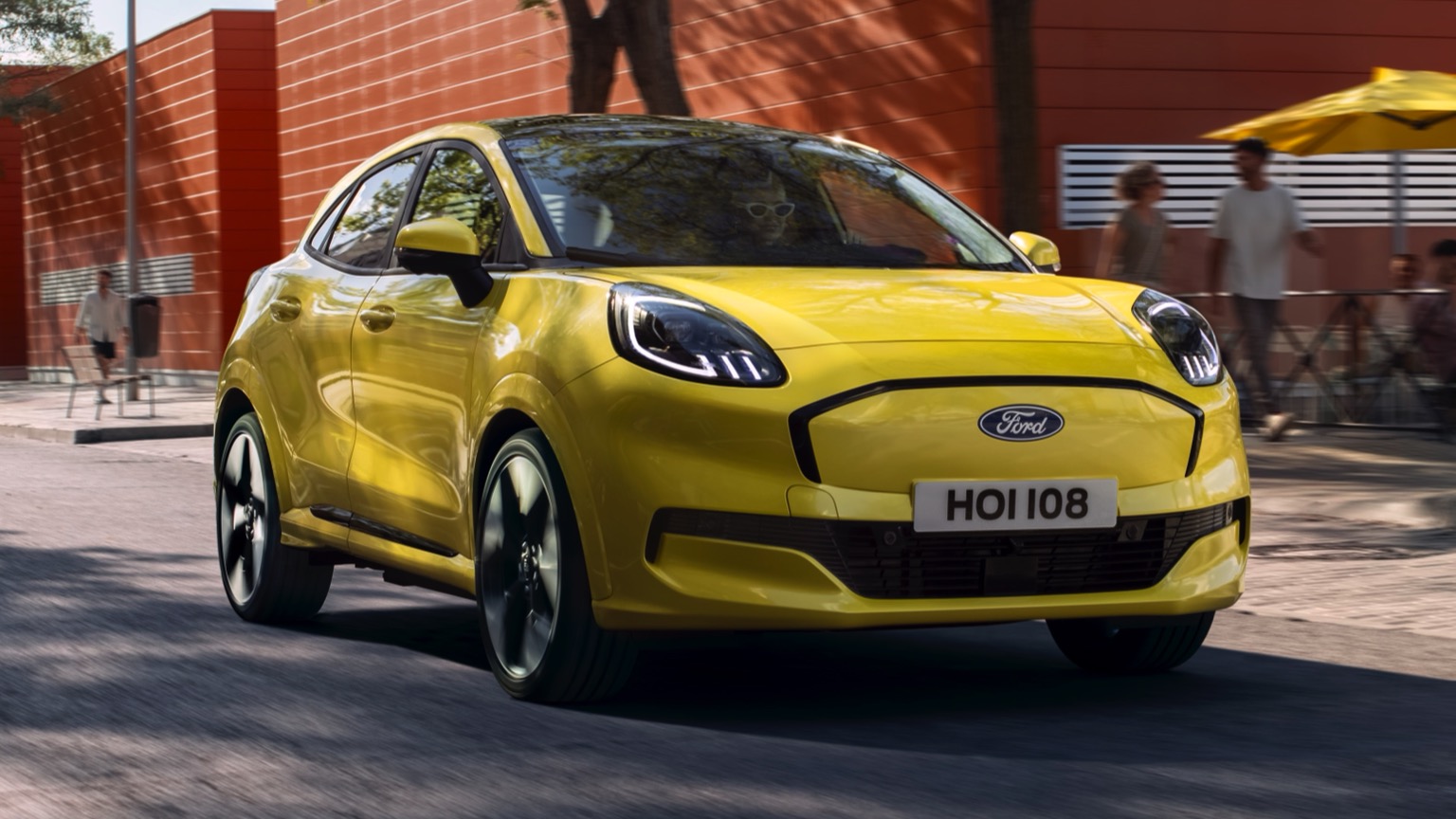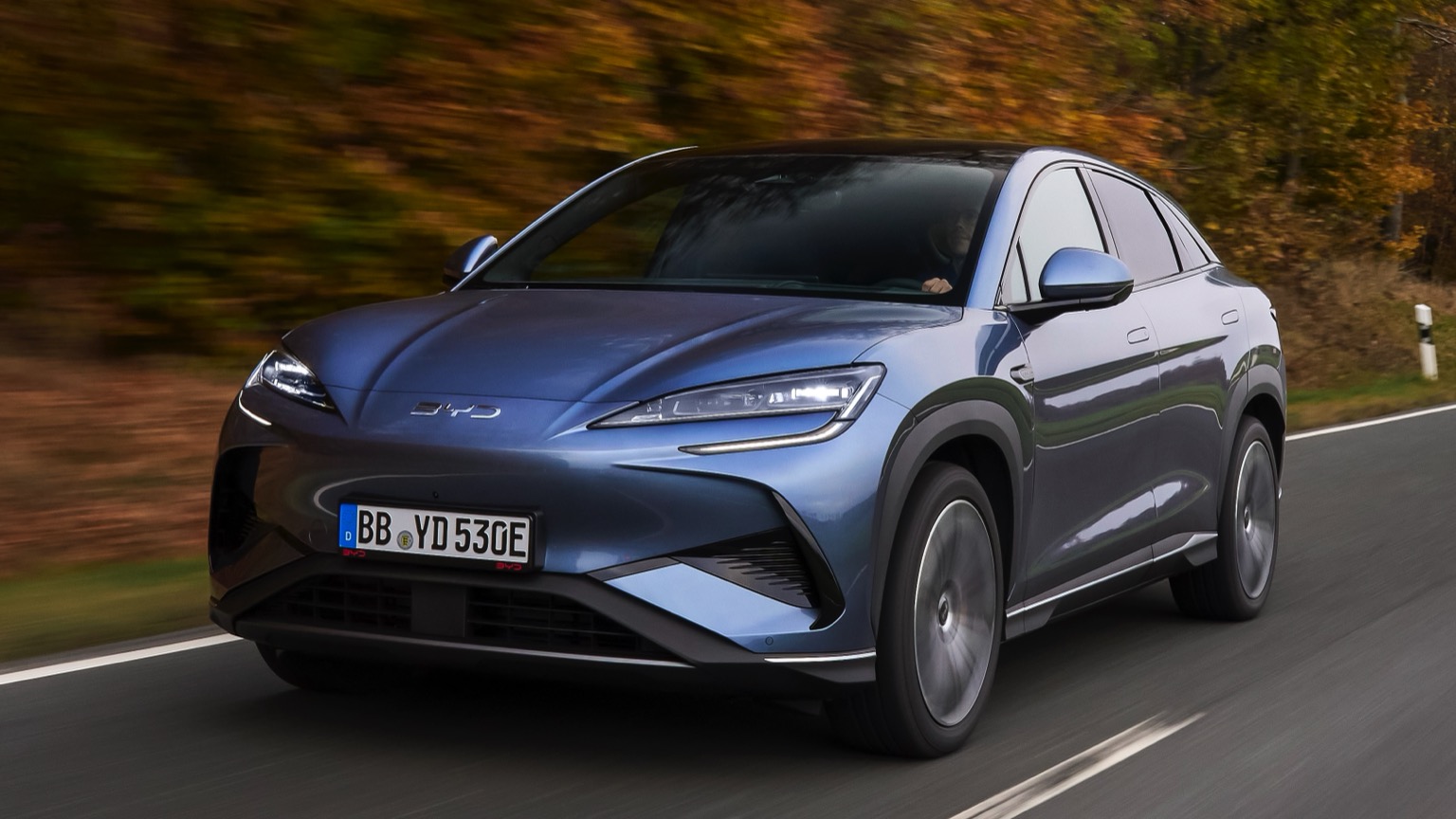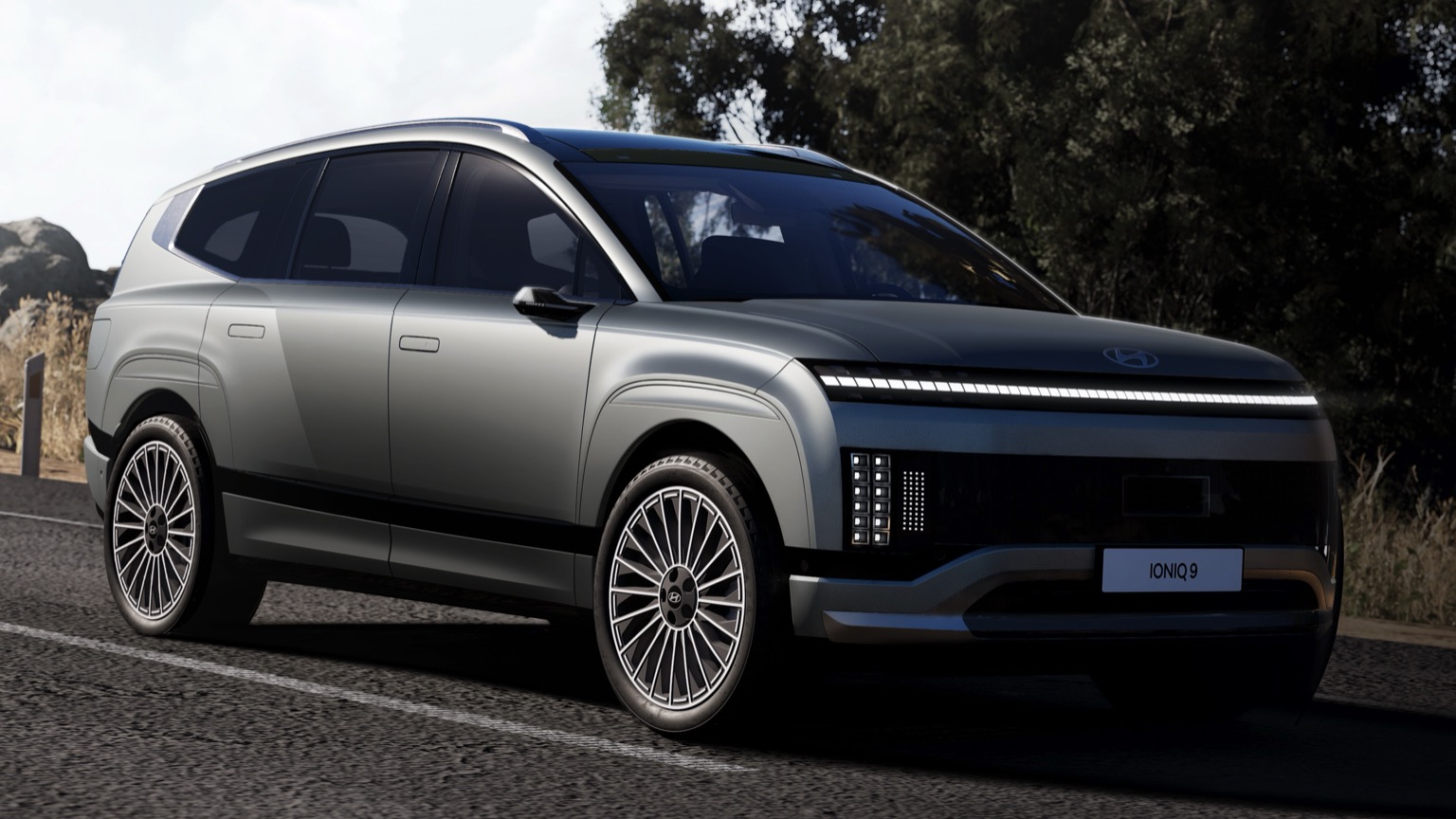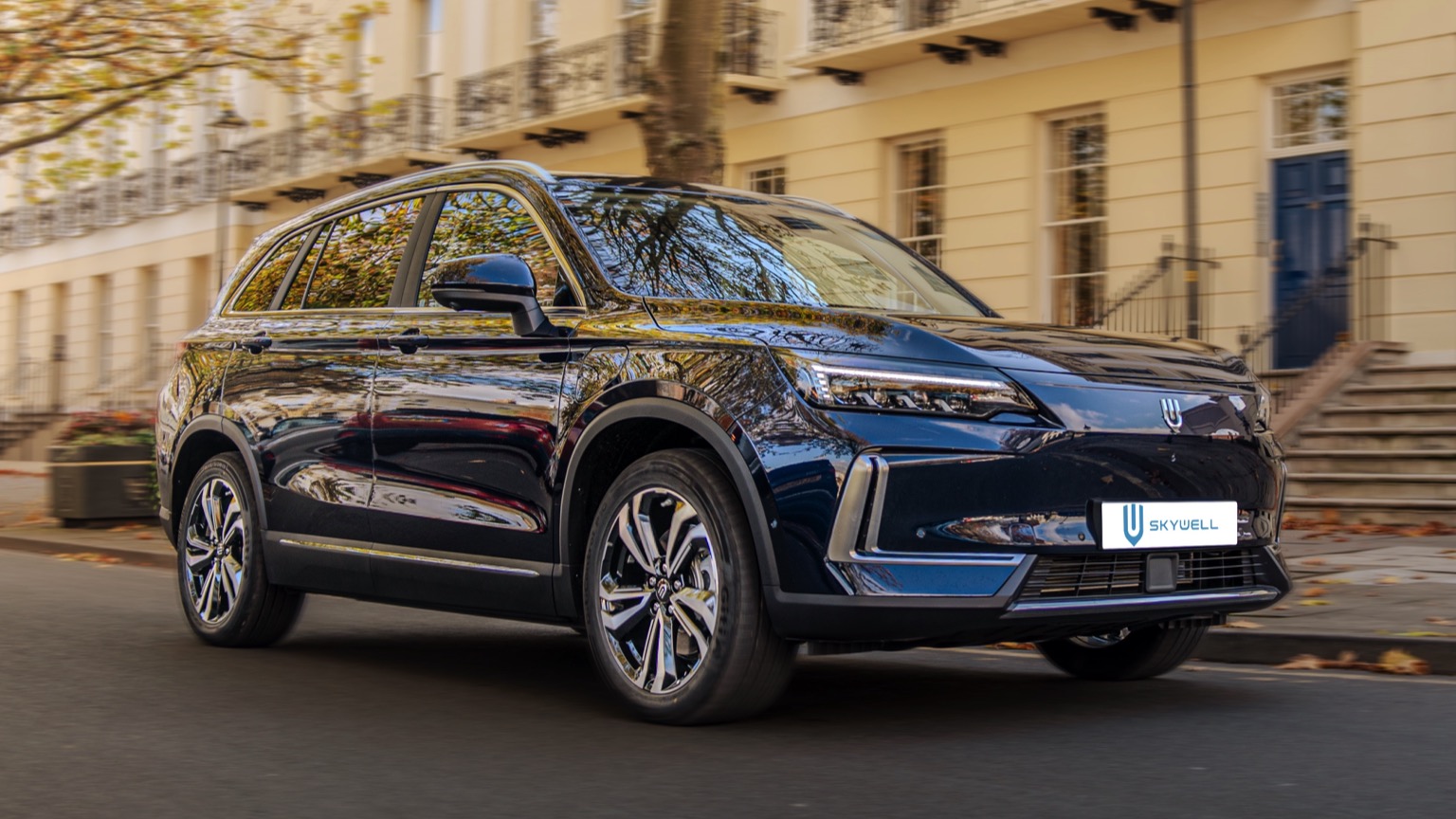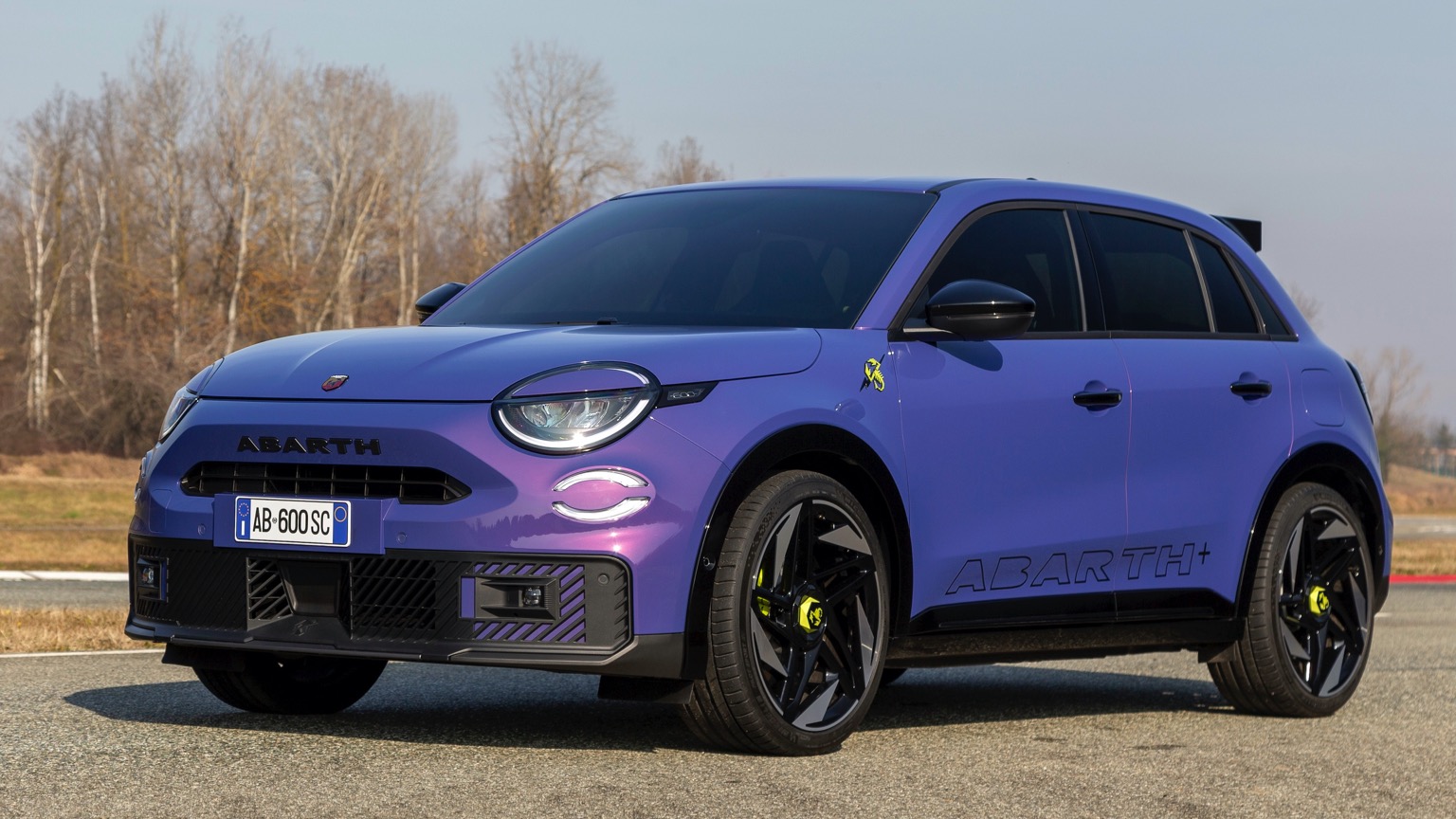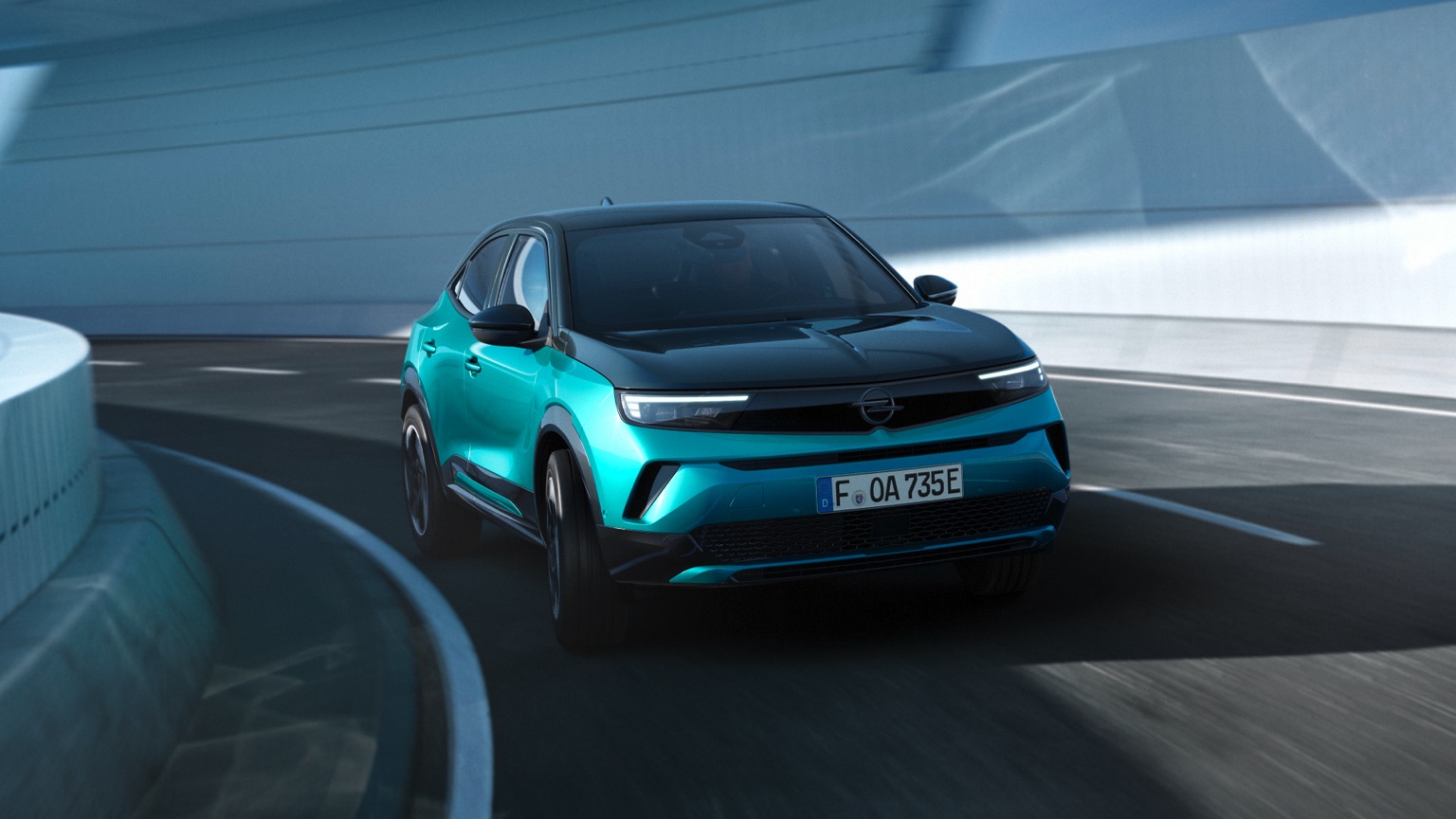Driving Range
In short, how many miles you can travel on a full charge. Is length important? Let’s not open that can of worms…
Efficiency
How many kWh of charge are needed to travel a set distance. The fewer needed, the more efficient your EV is. Easy!
Battery
The bigger the battery, the more power it can hold. In essence, fewer stops needed to top up your charge. Ahh, simplicity!
Top Speed
The maximum speed you can reach with your foot pressed hard to the floor. Important when escaping a zombie apocalypse, we assume.
Seats
Well, you don’t want to have to leave anybody at home… or do you?
Body
From stylish SUVs and compact crossovers, to curvaceous coupes and handy hatchbacks, there’s a perfect shape for everyone!
Isofix
The safe way to attach a child seat. Typically, these are hidden in the join between the back seats, alongside the crumbs from your last meal deal.
Safety Rating
A measure that considers the amount of safety kit installed, how a vehicle performs in crash testing and how safe it is for both pedestrians and cyclists.
| City - Cold Weather | 290 miles |
| Highway - Cold Weather | 225 miles |
| Combined - Cold Weather | 255 miles |
| City - Mild Weather | 440 miles |
| Highway - Mild Weather | 295 miles |
| Combined - Mild Weather | 355 miles |
Indication of real-world range in several situations. Cold weather: 'worst-case' based on -10°C and use of heating. Mild weather: 'best-case' based on 23°C and no use of A/C. For 'Highway' figures a constant speed of 110 km/h is assumed. The actual range will depend on speed, style of driving, weather and route conditions.
| Charge Port | Type 2 |
| Port Location | Left Side - Front |
| Charge Power | 11 KW AC |
| Charge Time | 9hr |
| Charge Speed | 34 mph |
| Fastcharge Port | CCS |
| FC Port Location | Left Side - Front |
| Fastcharge Power (max) | 270 |
| Fastcharge Time | 19m |
| Fastcharge Speed | 680 mph |
General Charging (0 - 100%)
Charging is possible by using a regular wall plug or a charging station. Public charging is always done through a charging station. How fast the EV can charge depends on the charging station (EVSE) used and the maximum charging capacity of the EV
| Charging Point:Charging Point | Power:Power | Time:Time |
|---|---|---|
| Charging Point:Wall Plug | Power:2.3 kW | Time:42hr 15m |
| Charging Point:1-Phase 16A | Power:3.68 kW | Time:26hr 15m |
| Charging Point:1-Phase 32A | Power:7.36 kW | Time:13hr 15m |
| Charging Point:3-Phase 16A | Power:3.68 kW | Time:9hr |
| Charging Point:3-Phase 32A | Power:7.36 kW | Time:9hr |
Rapid Charging (10 - 80%)
Rapid charging enables longer journeys by adding as much range as possible in the shortest amount of time. Charging power will decrease significantly after 80% state-of-charge (SoC) has been reached.
| Charging Point:Charging Point | Average Power:Average Power | Time:Time |
|---|---|---|
| Charging Point:CCS 50 | Average Power:50 kW | Time:1hr 13m |
| Charging Point:CCS 100 | Average Power:90 kW | Time: 40m |
| Charging Point:CCS 150 | Average Power:125 kW | Time: 29m |
| Charging Point:CCS 175 | Average Power:140 kW | Time: 26m |
| Charging Point:CCS 350 | Average Power:195 kW | Time: 19m |
| EVDB Real Range | 310 miles |
| EVDB Vehicle Consumption | 265 Wh/mi |
| EVDB CO2 Emissions | 0 g/mi |
| EVDB Vehicle Fuel Equivalent | 1.52 l/100mi |
| WLTP Real Range | 367 miles |
| WLTP Rated Consumption | 26.9 Wh/mi |
| WLTP Vehicle Consumption | 22.4 Wh/mi |
| WLTP CO2 Emissions | 0 g/mi |
| WLTP Rated Fuel Equivalent | 1.51 l/100mi |
| WLTP Vehicle Fuel Equivalent | 1.8 l/100mi |
| Acceleration 0 - 100 km/h | 4.8 sec |
| Top Speed | 143 mph |
| Electric Range* | 310 miles |
| Total Power* | 300 kWh |
| Total Torque* | 410 Nm |
| Drive | Rear |
| Safety Rating | N/A |
| Rating Year | N/A |
| Adult Occupant | N/A |
| Child Occupant | N/A |
| Vulnerable Road Users | N/A |
| Safety Assist | N/A |
For more details on the safety rating of this vehicle, visit euroncap.com
| Nominal Capacity | 89 kWh |
| Battery Type | Lithium-ion |
| Number of Cells | N/A |
| Architecture | 800 V |
| Useable Capacity | 82.3 kWh |
| Cathode Material | NCM811 |
| Pack Configuration | N/A |
| Nominal Voltage | N/A |
| Length | 4963 mm |
| Width | 1966 mm |
| Width (with mirrors) | 2144 mm |
| Height | 1379 mm |
| Wheelbase | 2900 mm |
| Weight Unladen (EU) | 2165 kg |
| Gross Vehicle Weight (GVWR) | 2795 kg |
| Max. Payload | 705 kg |
| Cargo Volume | 407 L |
| Cargo Volume (Max) | N/A |
| Cargo Volume Frunk | 84 L |
| Roof Load | 75 kg |
| Tow Hitch Possible | No |
| Towing Weight Unbraked | N/A |
| Towing Weight Braked | N/A |
| Vertical Load Max | N/A |
| Seats | 5 |
| Isofix | Yes, 2 seats |
| Turning Circle | 11.7m |
| Platform | VW J1 |
| Car Body | Saloon |
| Segment | F |
| Roof Rails | No |
| EV Dedicated Platform | Yes |
* = estimated value. Average energy consumption and range based on moderate drive style and climate. Real-life values may differ significantly. Pricing information might not be actual for some regions. No rights can be derived from the information on this site.
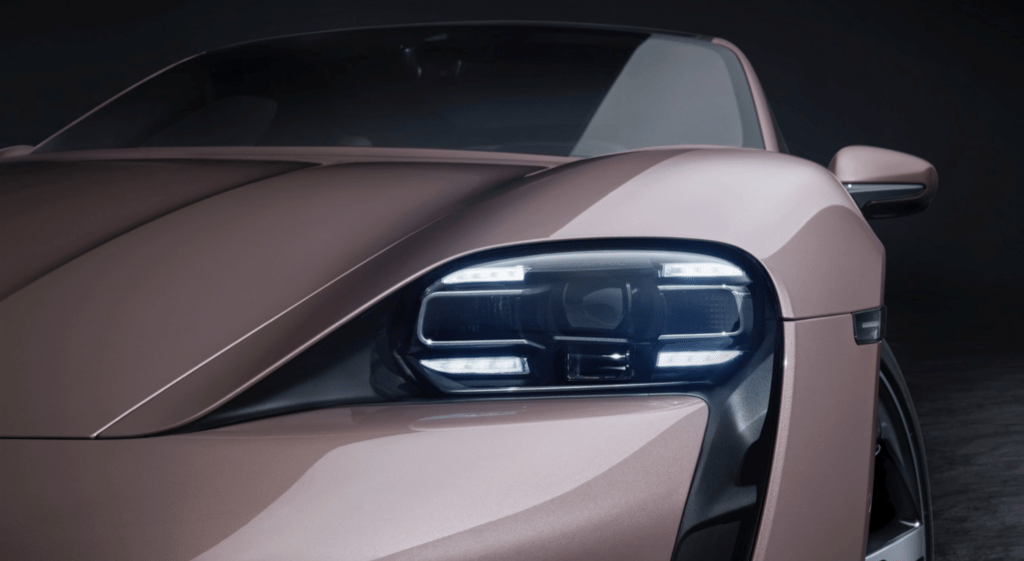
Porsche Taycan Charging Guide
Porsche has long been a brand which has been associated with fast cars and luxury. As with many car manufacturers, and largely due to global pressure for a more sustainable future, Porsche has released a few hybrid offerings over the years but the Taycan is the first all-electric vehicle in its fleet.
What the Porsche Taycan does better than other electric cars, is prove that style and substance go hand in hand. This fully electric vehicle handles like a dream whilst showing Porsche’s talent for turning any shape into a sports car.
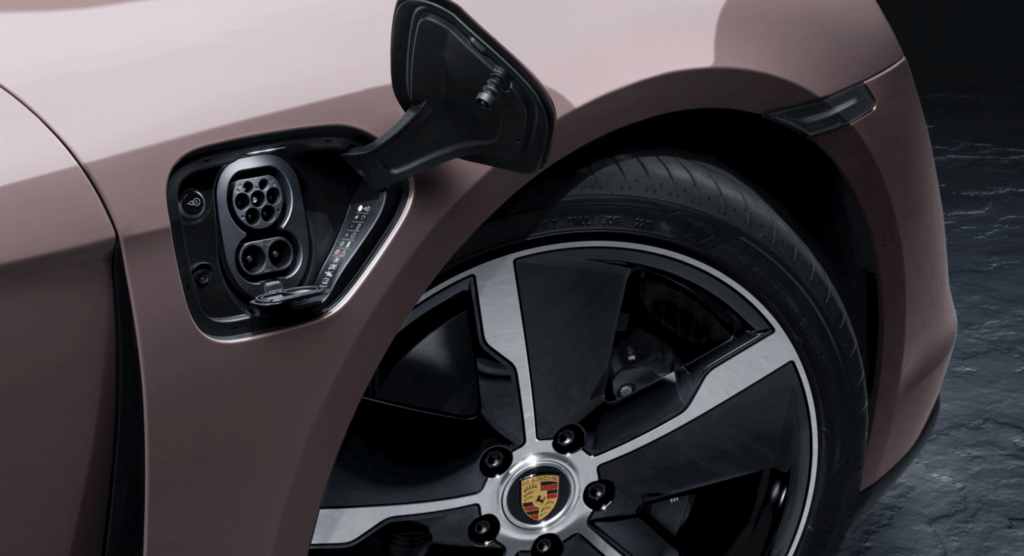
Can Porsche Taycan use a Tesla charger?
Yes, the Porsche Taycan is compatible with the Tesla Supercharger. If you need some ultra-fast charging whilst you’re out, finding a supercharger can offer exactly that.
Although the supercharger is an effective charging method away from home, choosing to install a home EV charger will ensure you can charge at home in the most economical way possible. With the ability to charge the Porsche Taycan using surplus energy created from your home solar panels, a dedicated charger allows you to be in full control of your home charging.
How long does it take to charge the Porsche Taycan?
10 hours 8 minutes*
*Using a standard 7kWh charger, such as zappi it would take 10 hours and 8 minutes to fully charge your 71kWh battery. The Porsche Taycan also has the capability to be charged on the 22kWh zappi, which would reduce this charging time down to 7 hours and 45 minutes.
What is the range of the Porsche Taycan?
255 miles**The range of the Porsche Taycan with the 71kWh battery, differs between 185 miles and 360 miles depending on your driving conditions and the type of road. Typically, the average range from a full charge will be around 255 miles.
How much does it cost to charge the Porsche Taycan?
£5.33**It could cost just £5.33 to charge the Porsche Taycan, with the 71kWh battery, when fully utilising off-peak charging on an Octopus Intelligent tariff, at 0.075p/kWh. In contrast, peak charging on a standard rate of 0.34p/kWh can cost £24.14 to charge up.
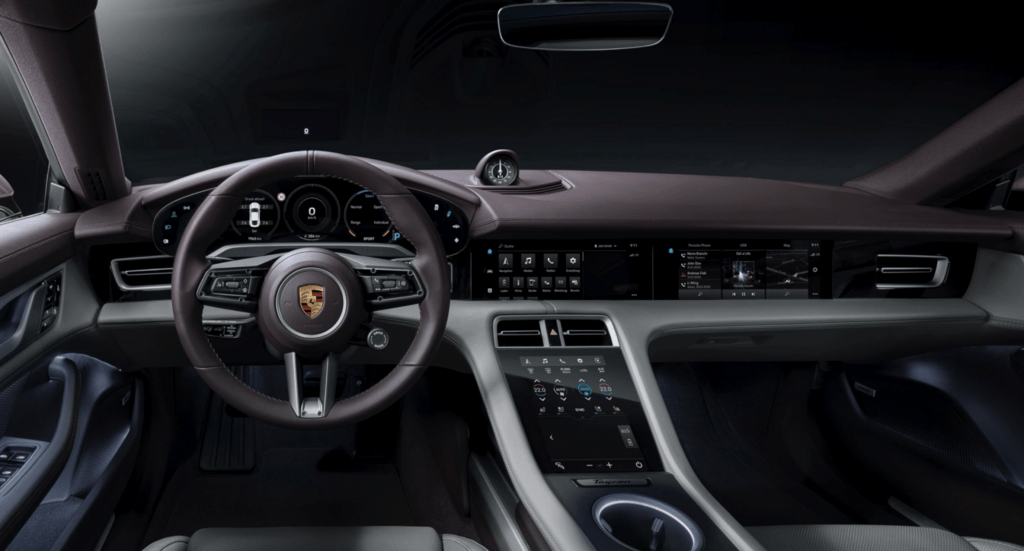
How much is a Porsche Taycan?
Starting at £75,500* and ranging beyond £130,000* it’s safe to say that the Porsche Taycan is one of the more expensive electric vehicles available.
As with all the cars in Porsche’s fleet, there seems to be an endless list of customisations from the exterior colour to the stitching on the interior. Of course, this all comes at an additional cost.
*prices correct as of October 2023.
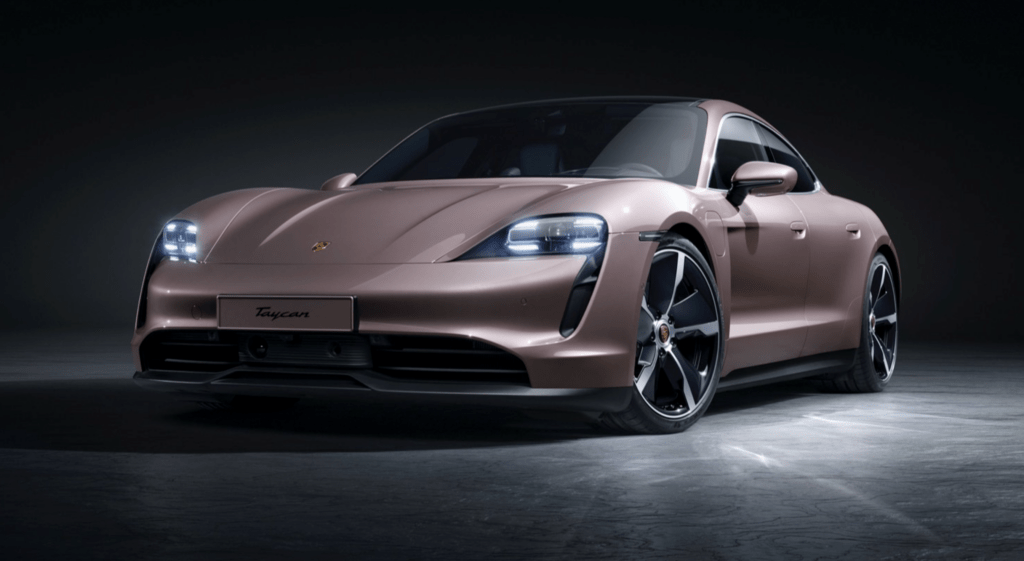
Is the Porsche Taycan fully electric?
Yes. The Porsche Taycan is the first fully electric offering by Porsche. With a three-year warranty as standard as well as an additional 8-year warranty covering the battery, you can be sure your investment is protected.
The Porsche Taycan doesn’t just guarantee the battery won’t fail for those first 8 years, it actually guarantees that the battery won’t drop below 70% of its original capacity. An addition which is not standard with all EVs.
Similar Electric Vehicles

